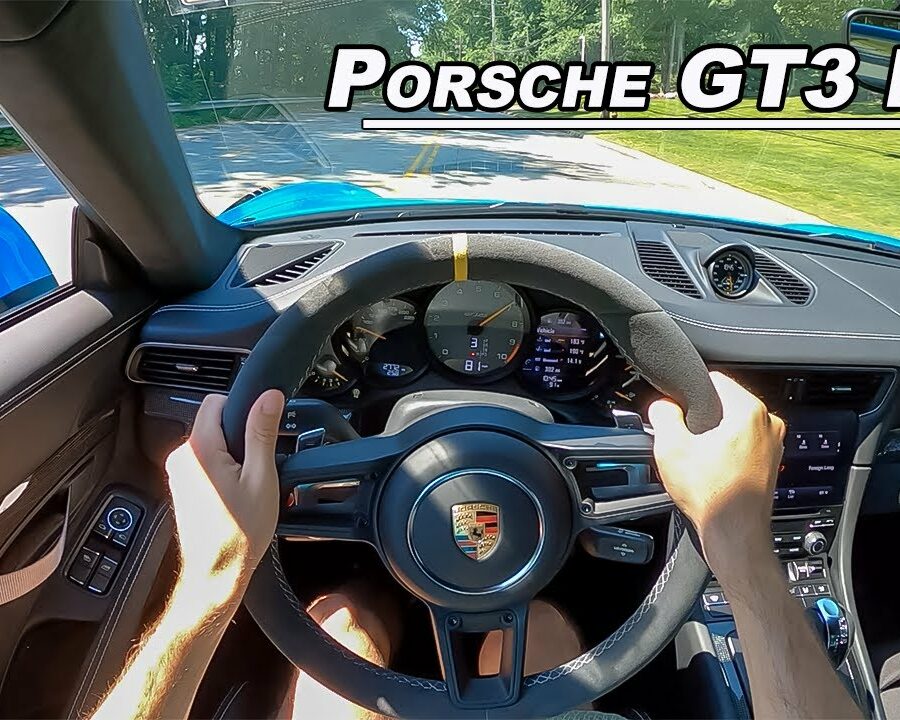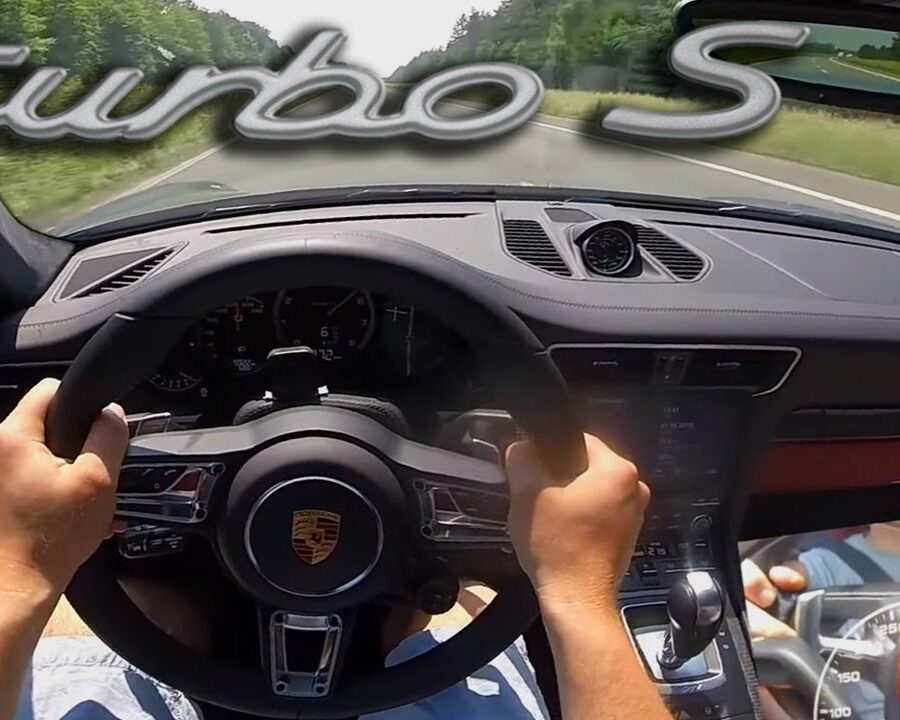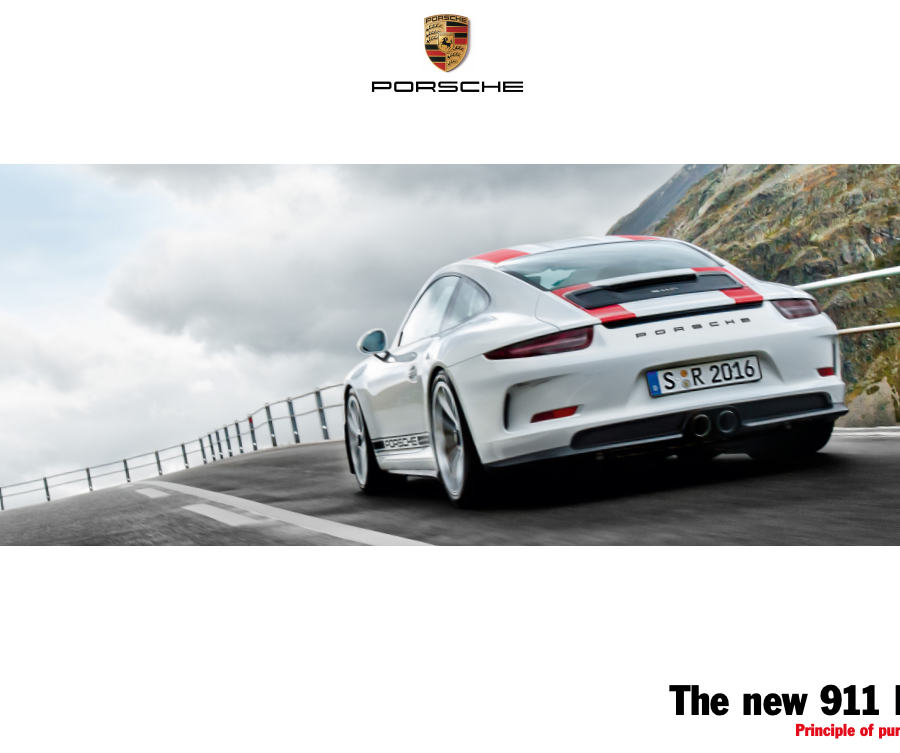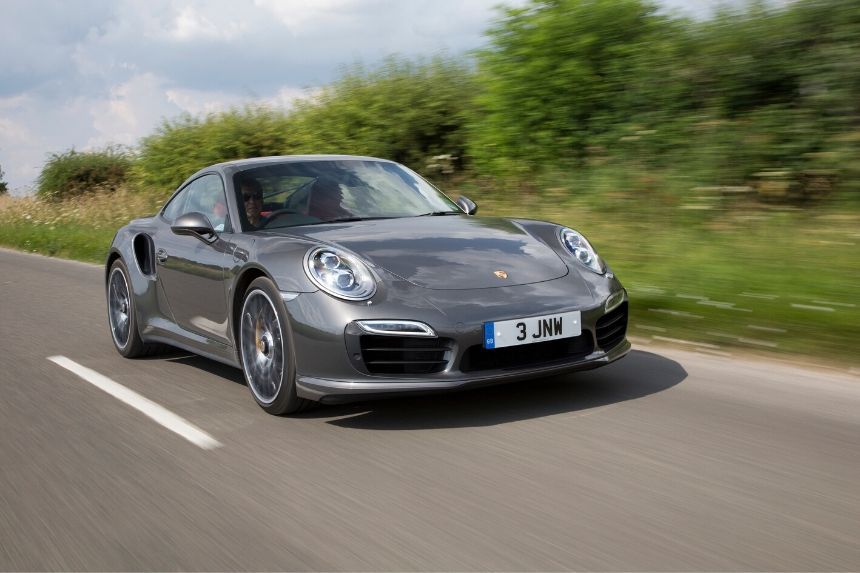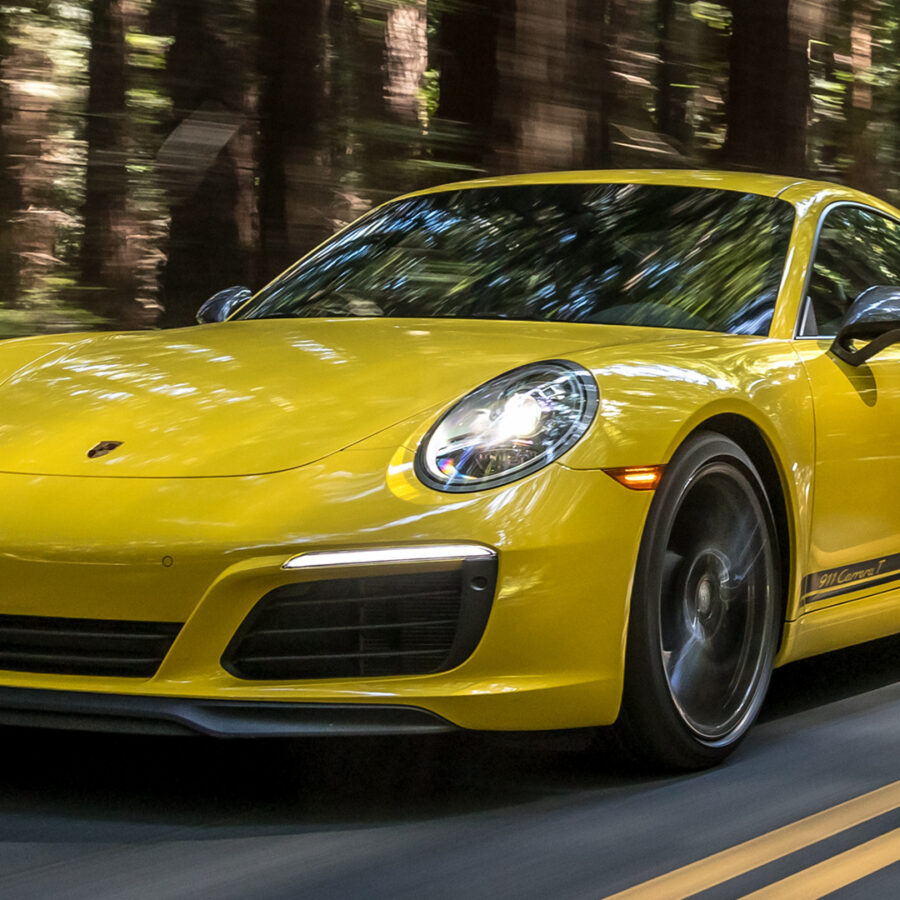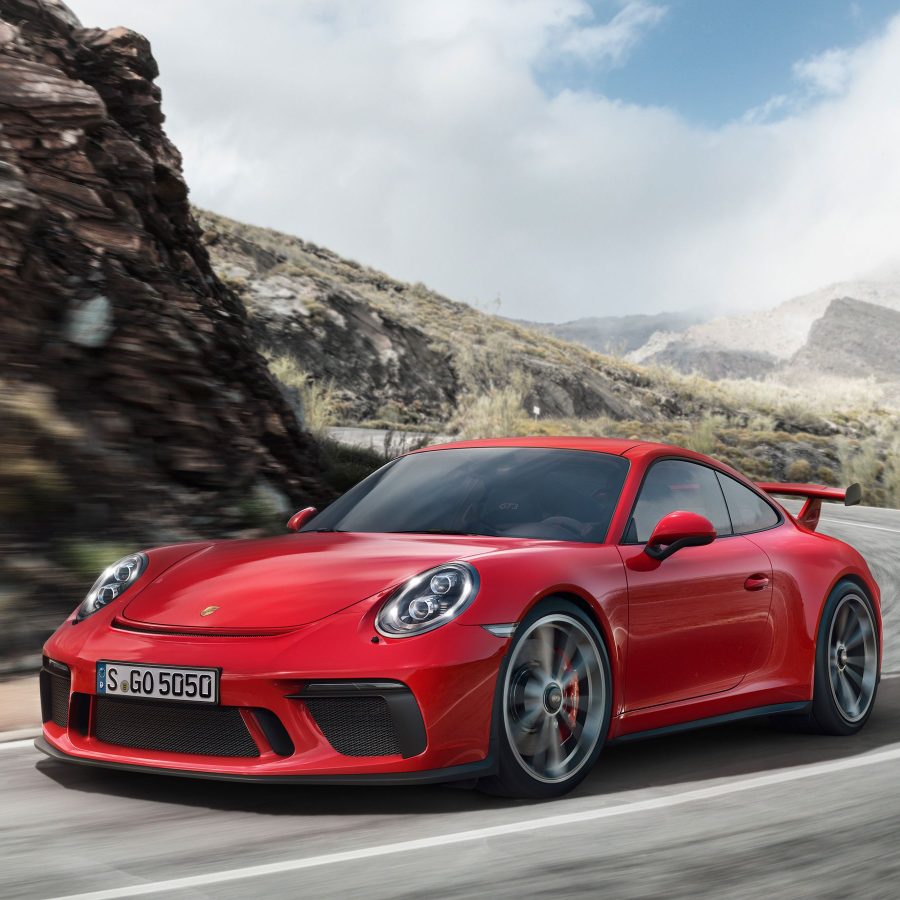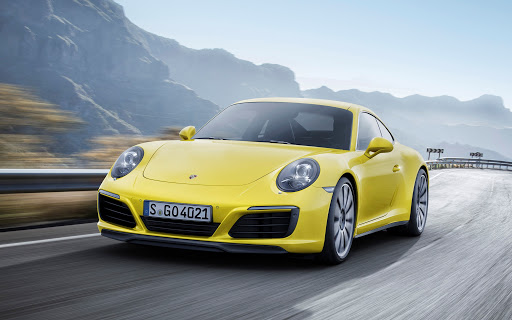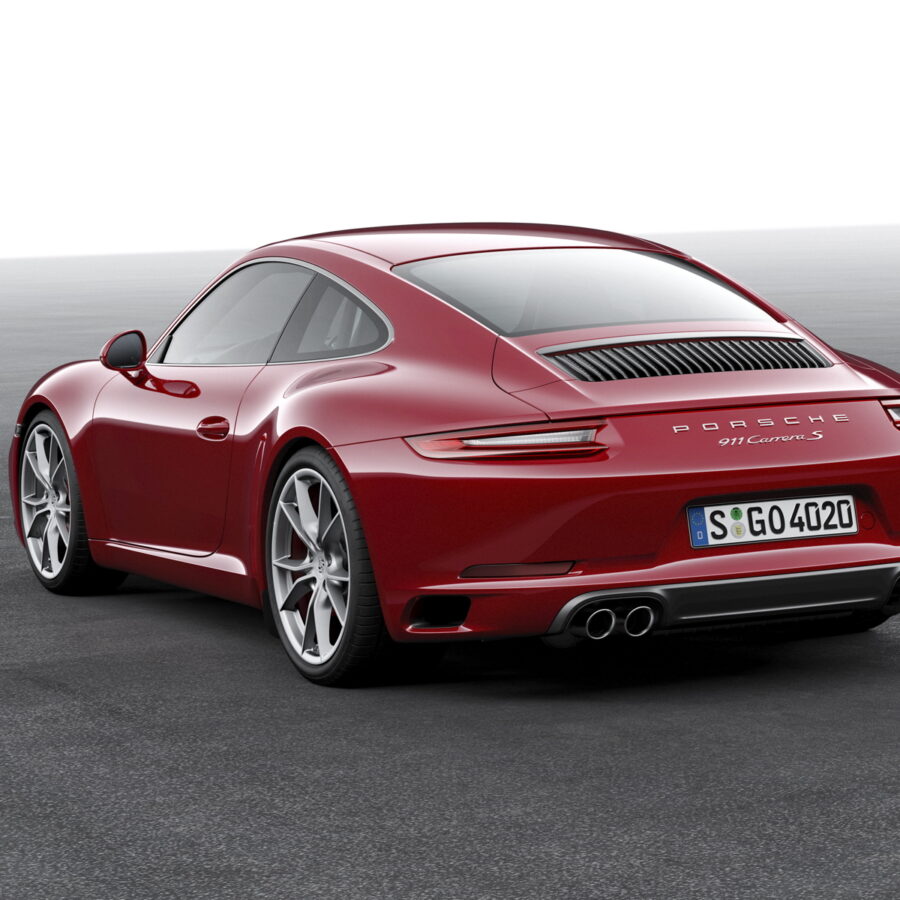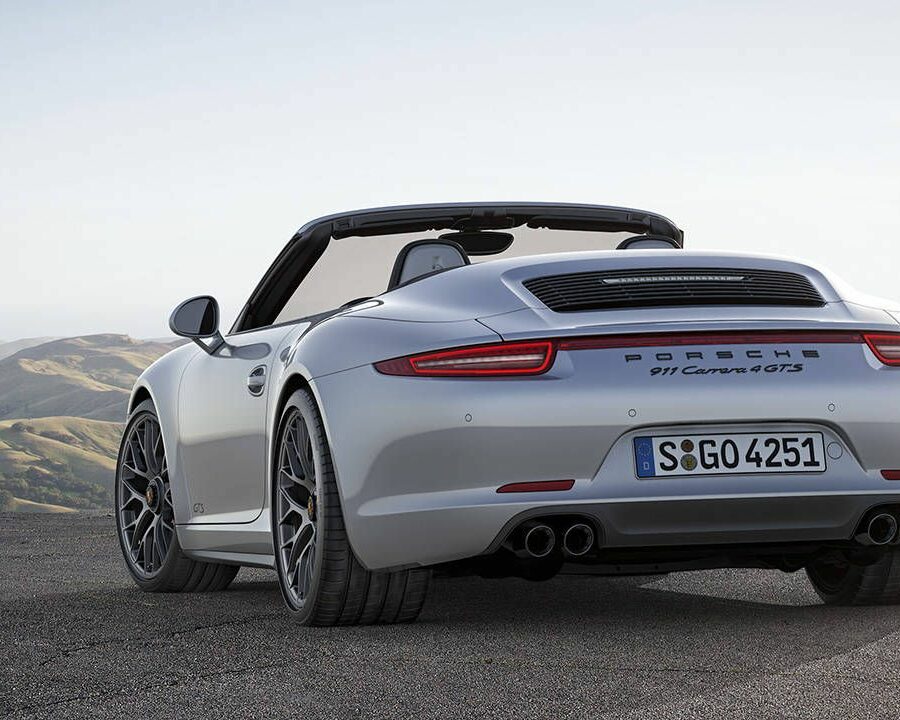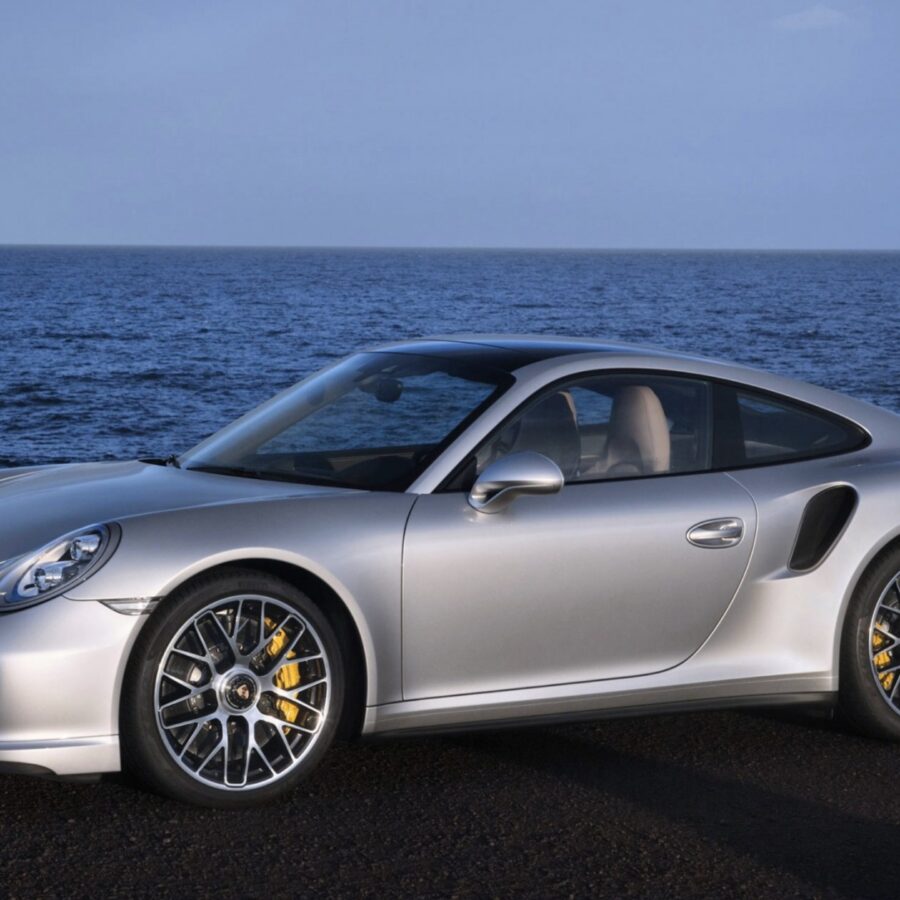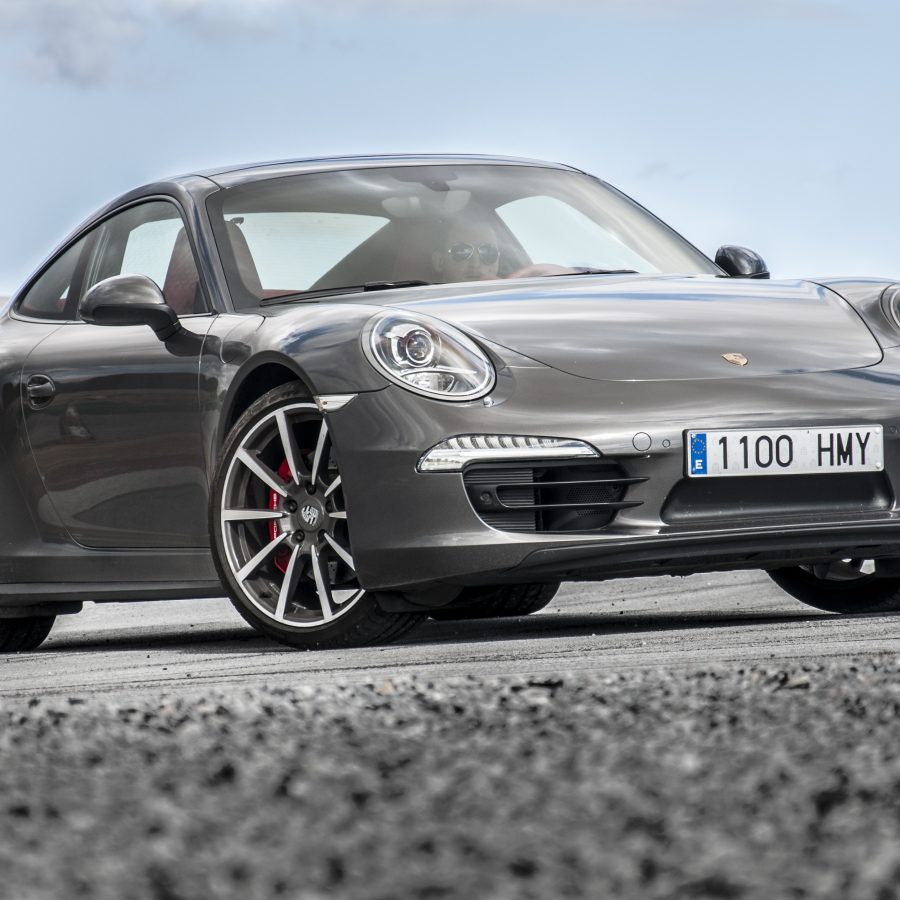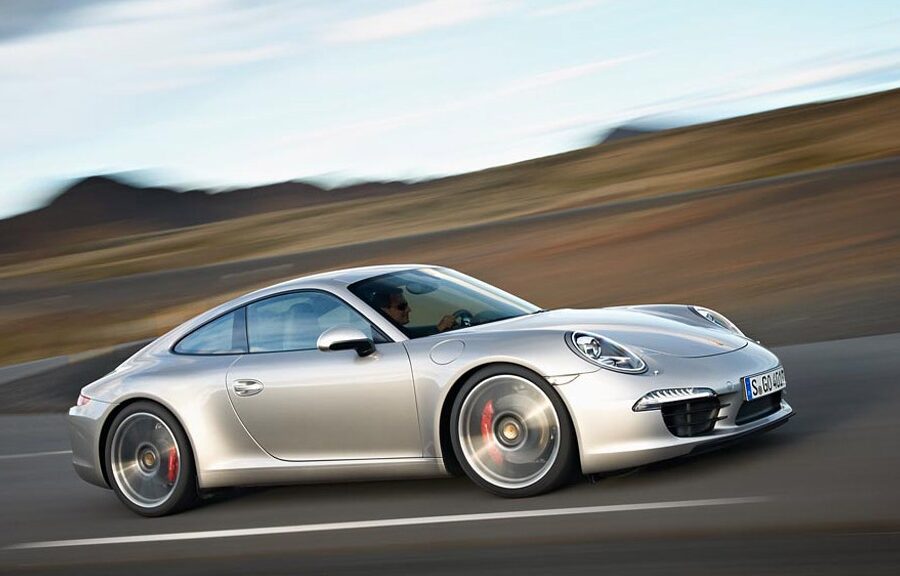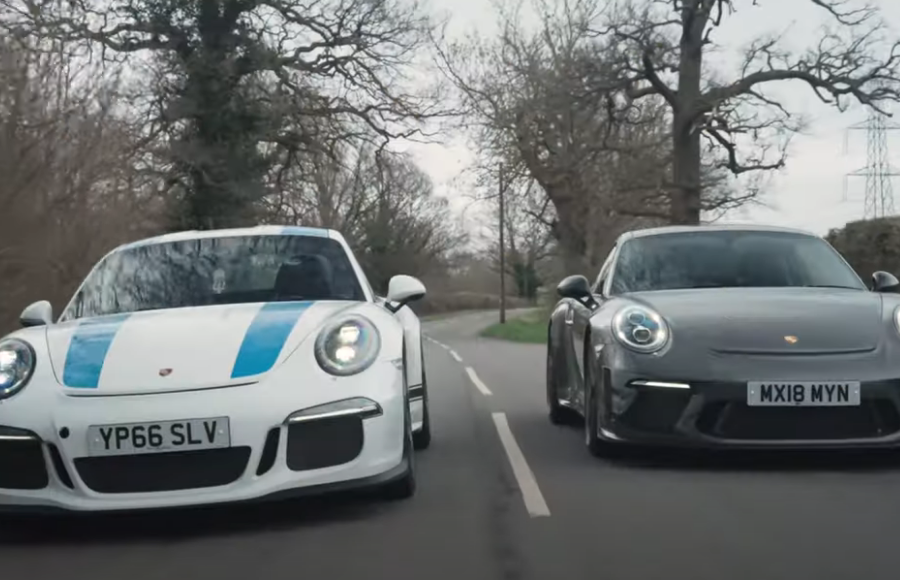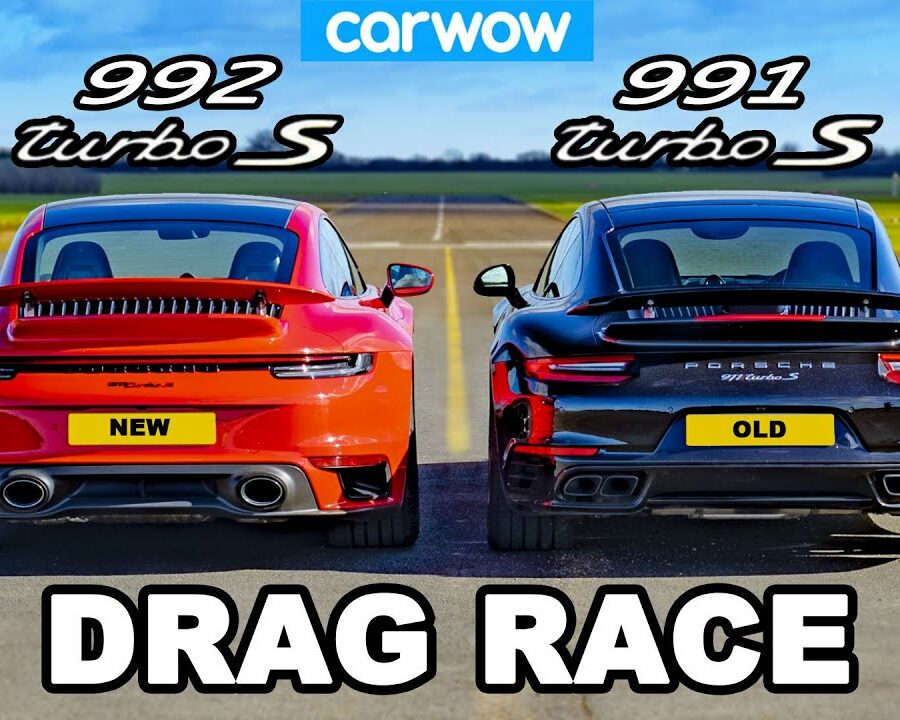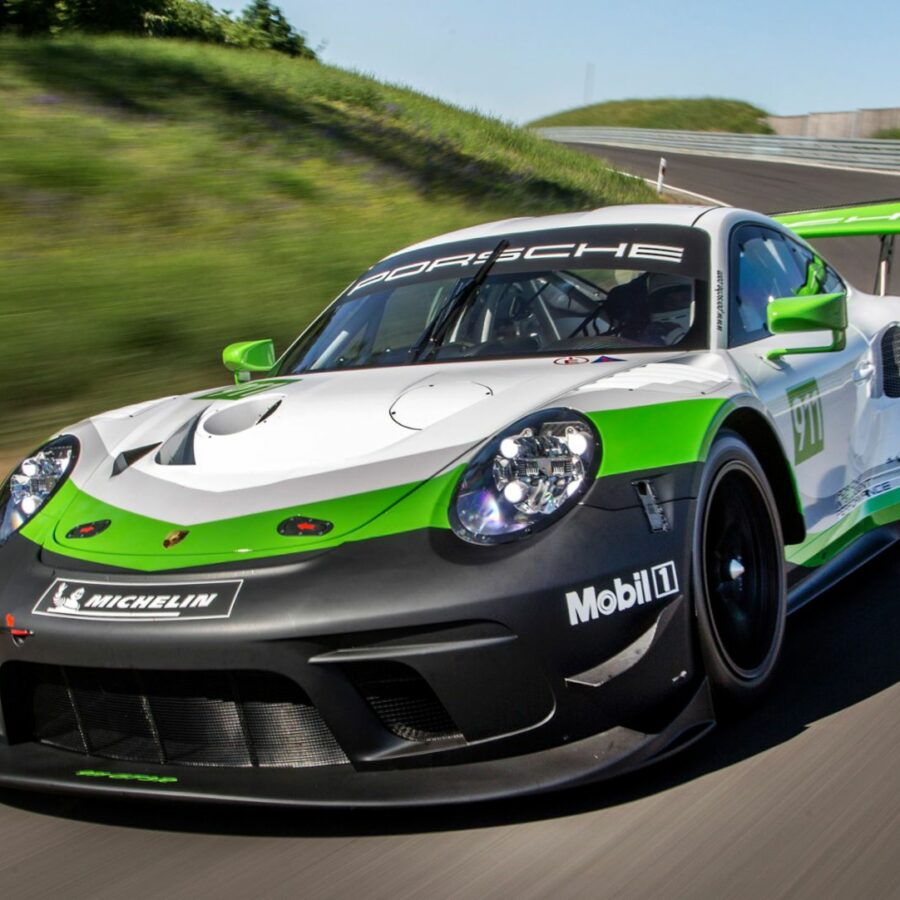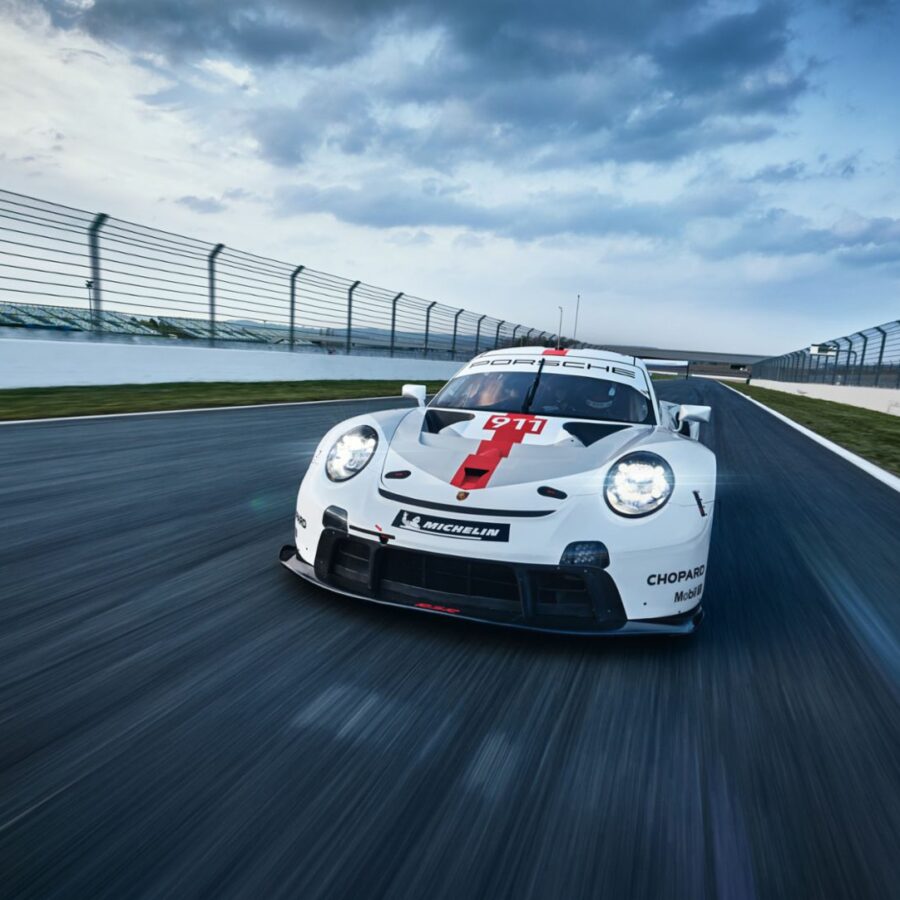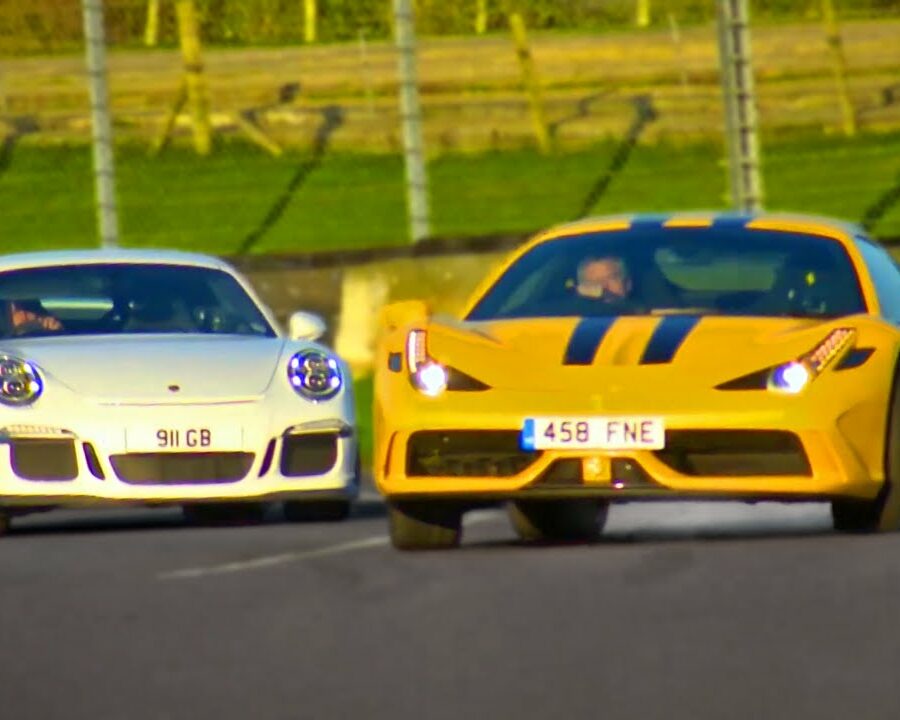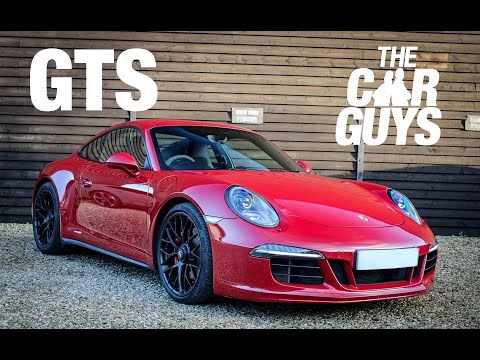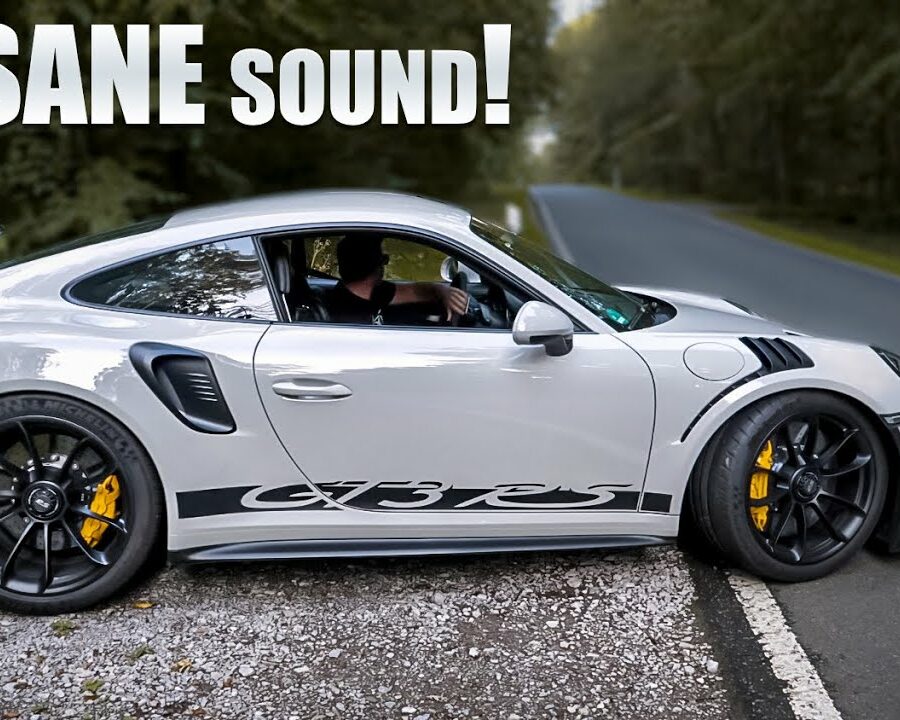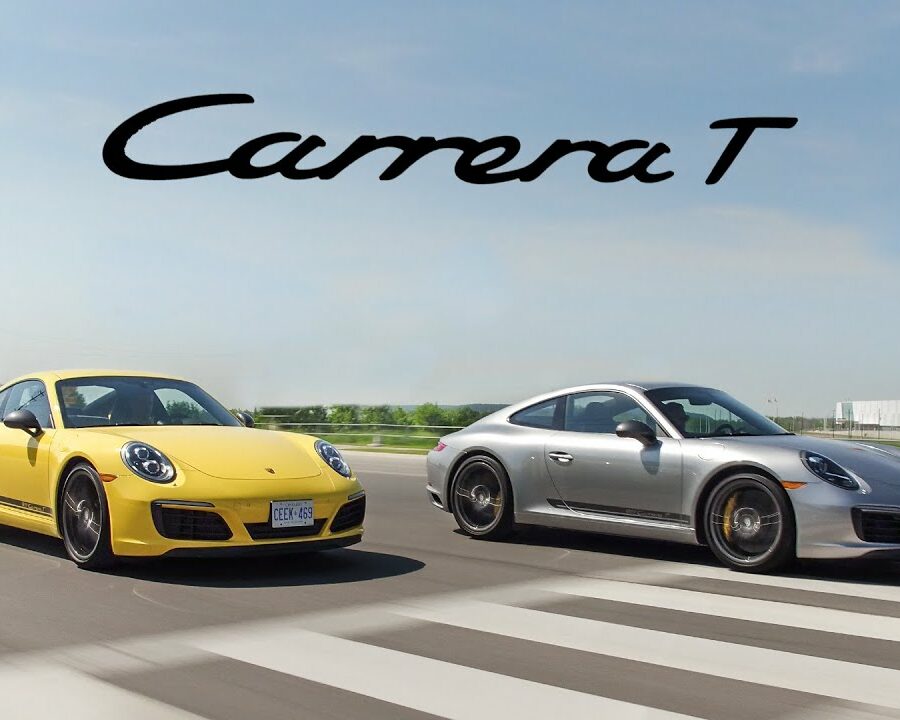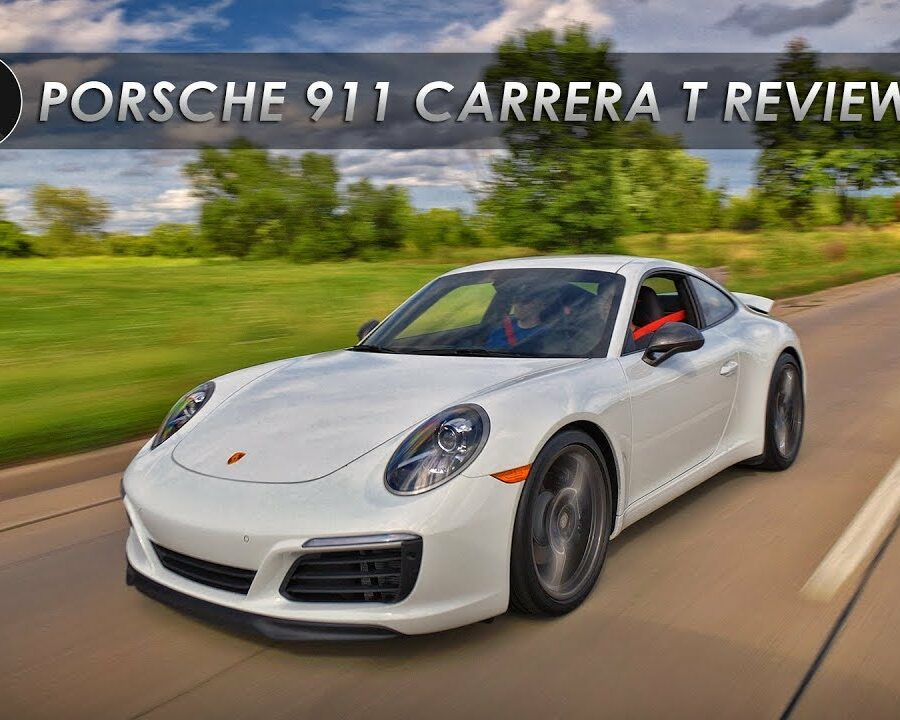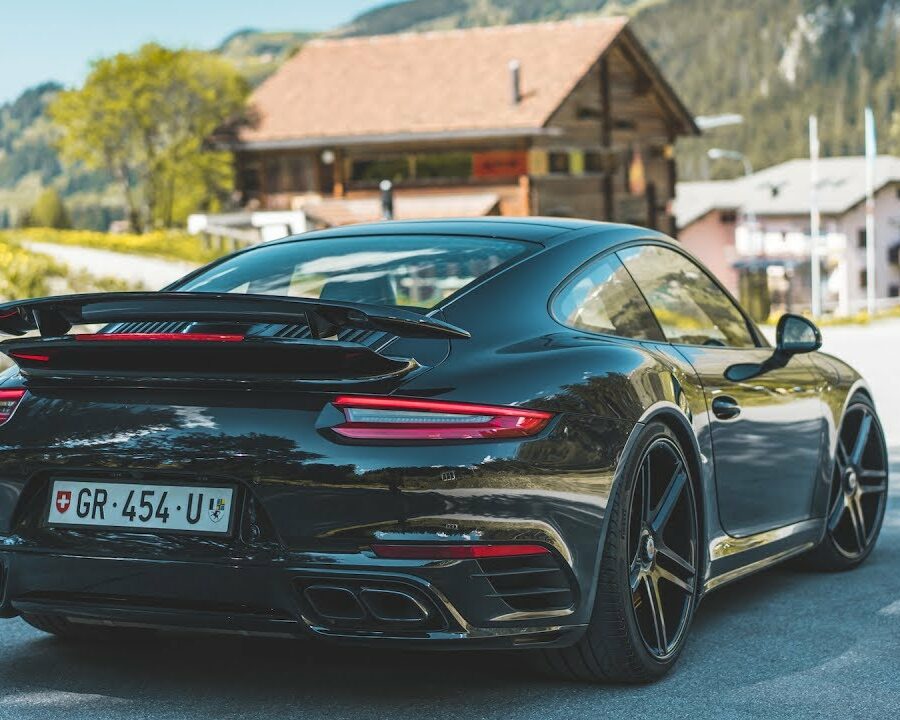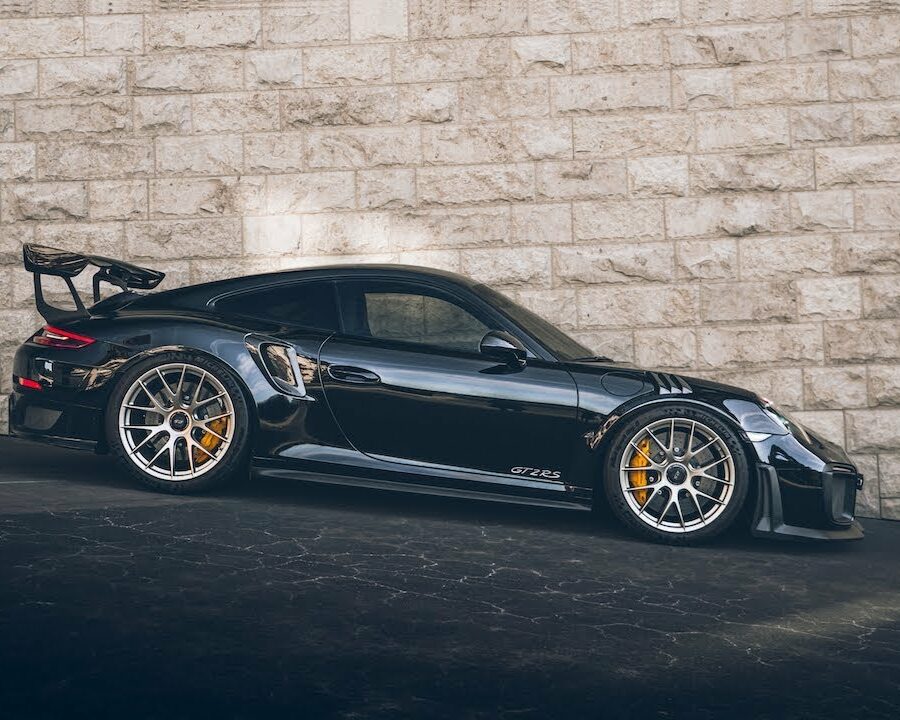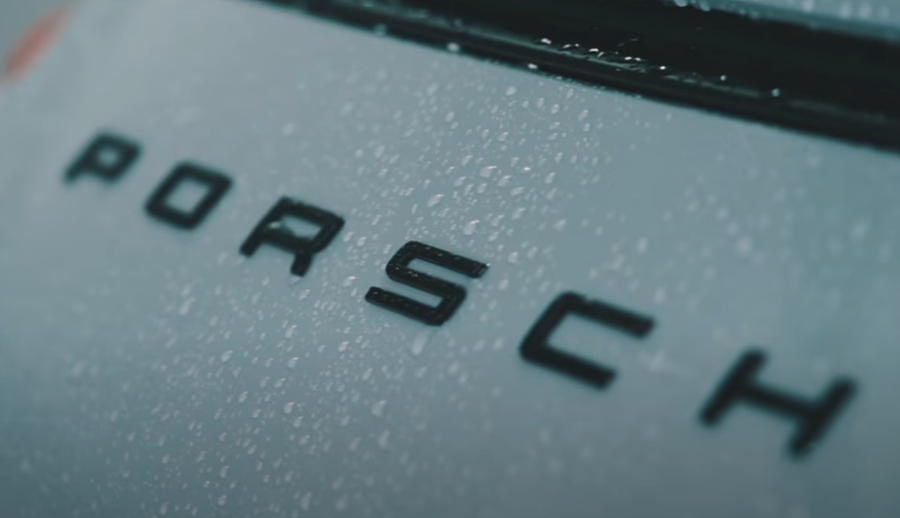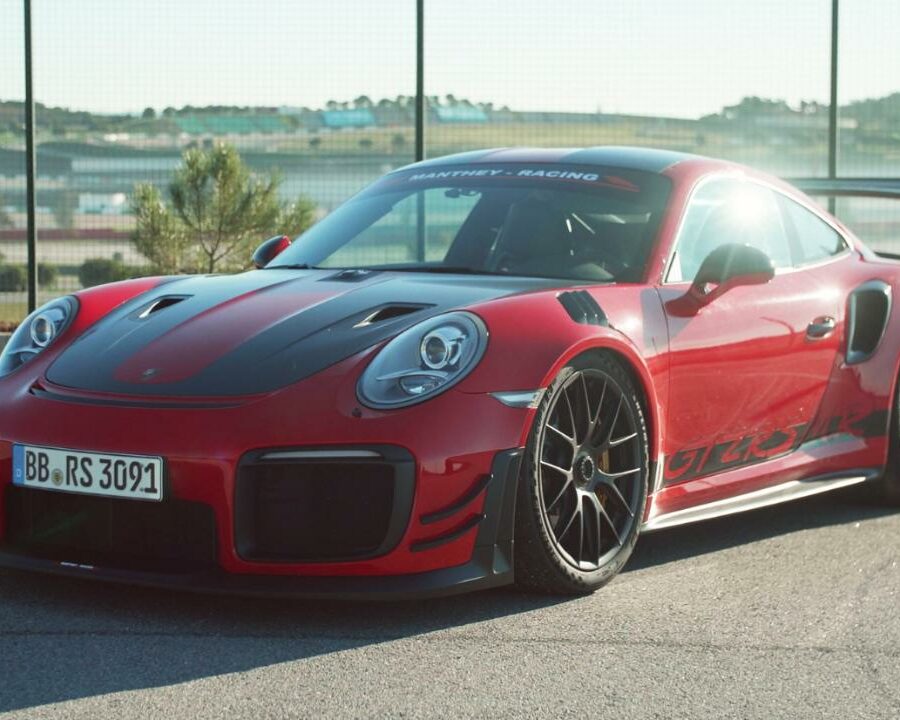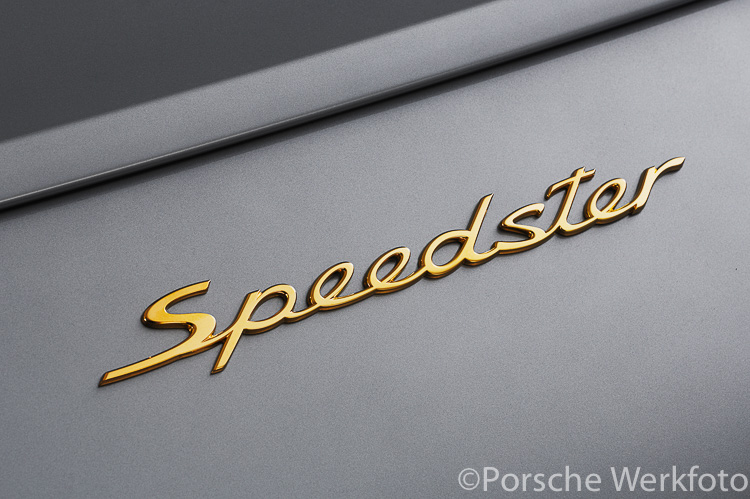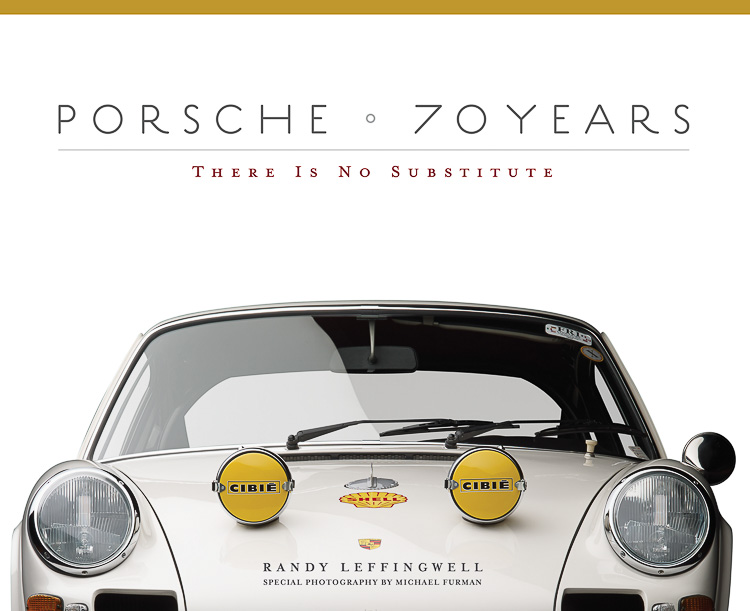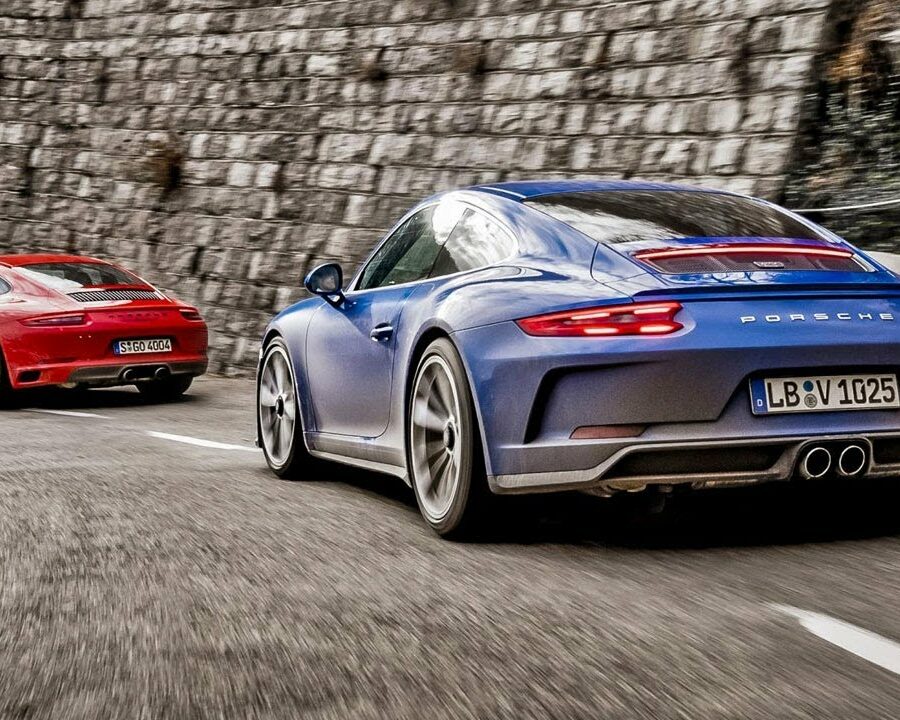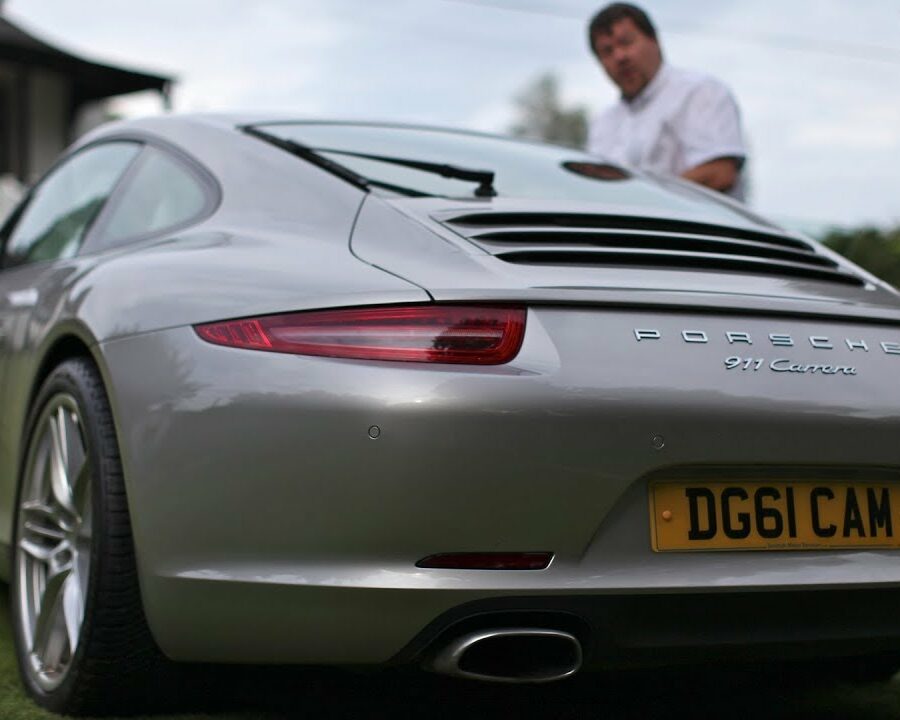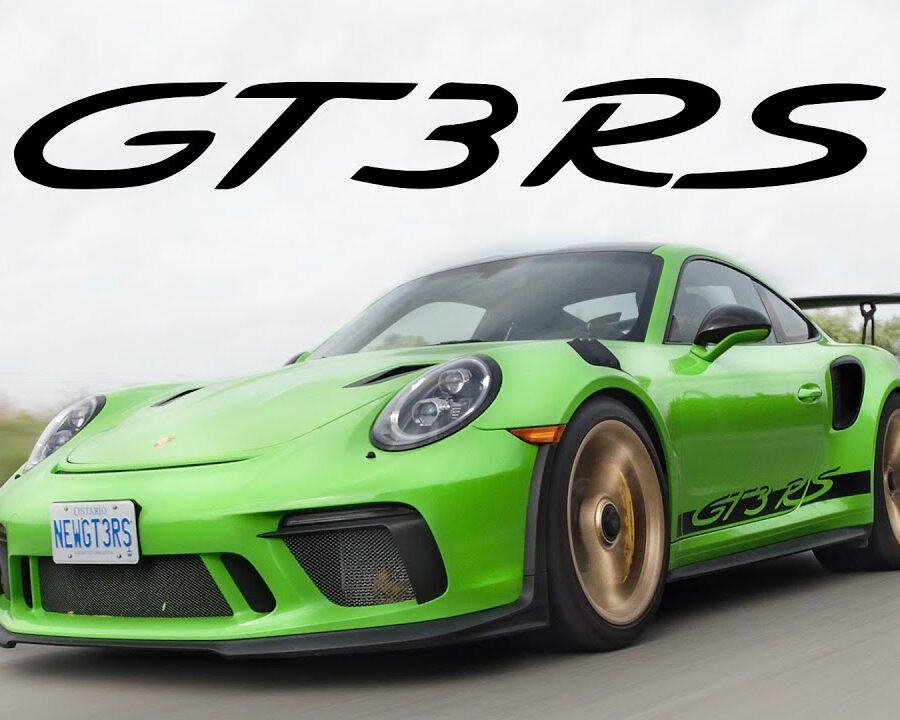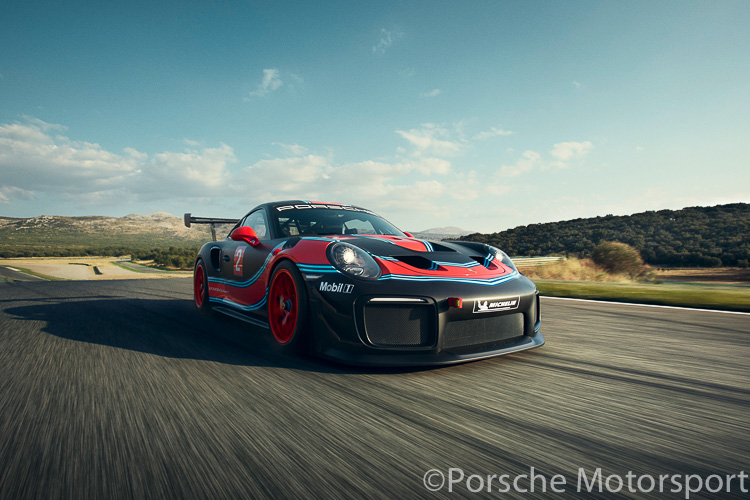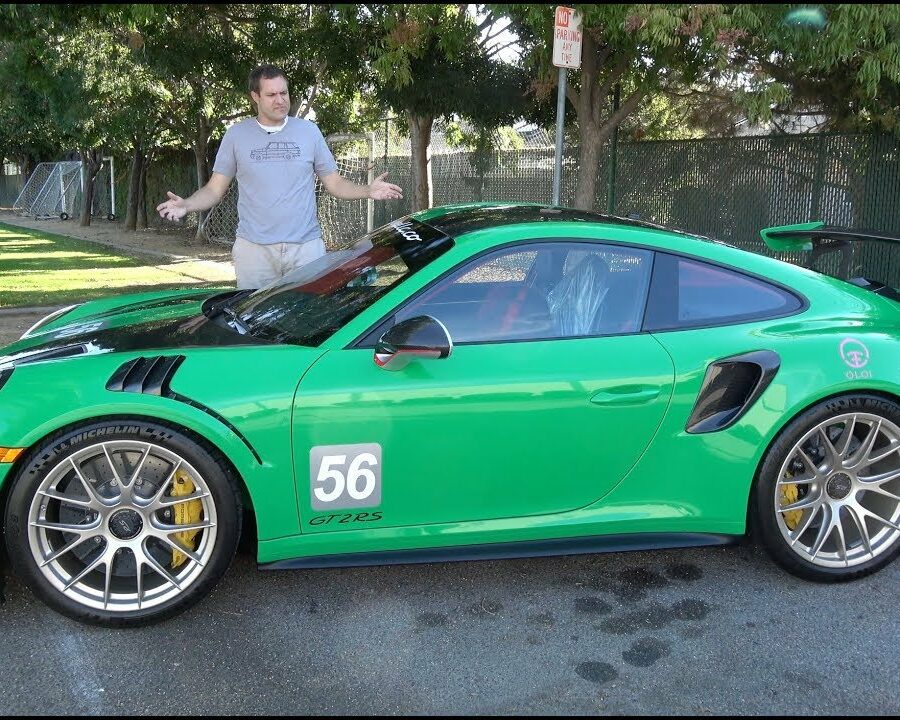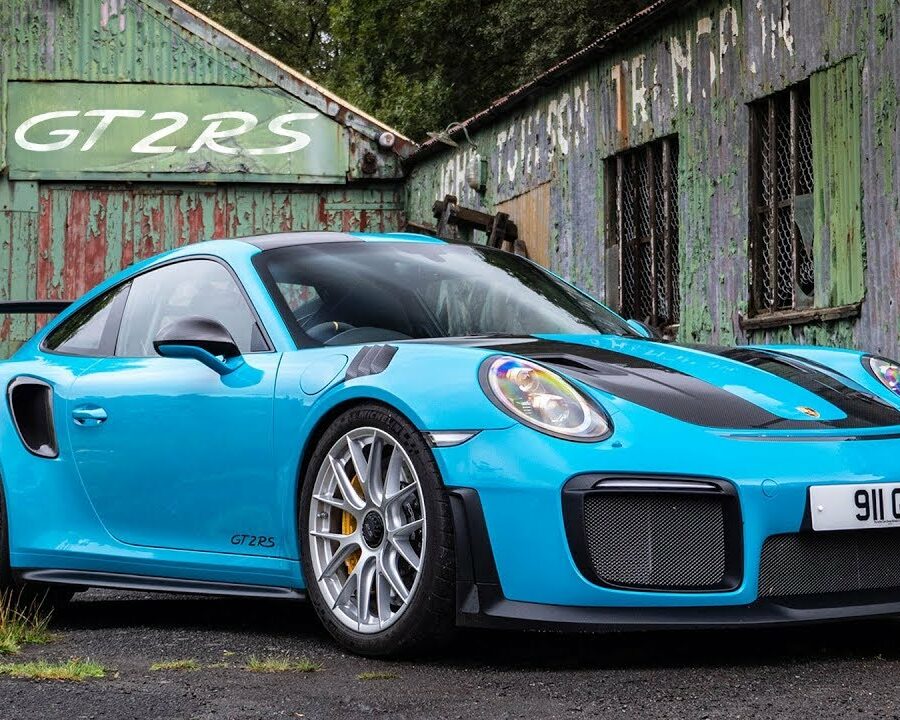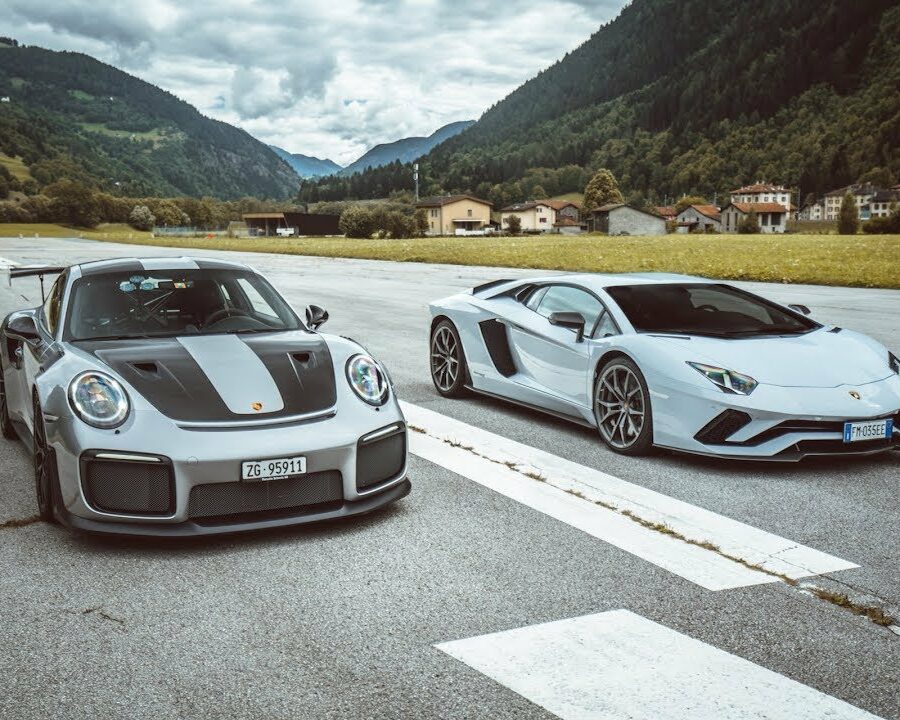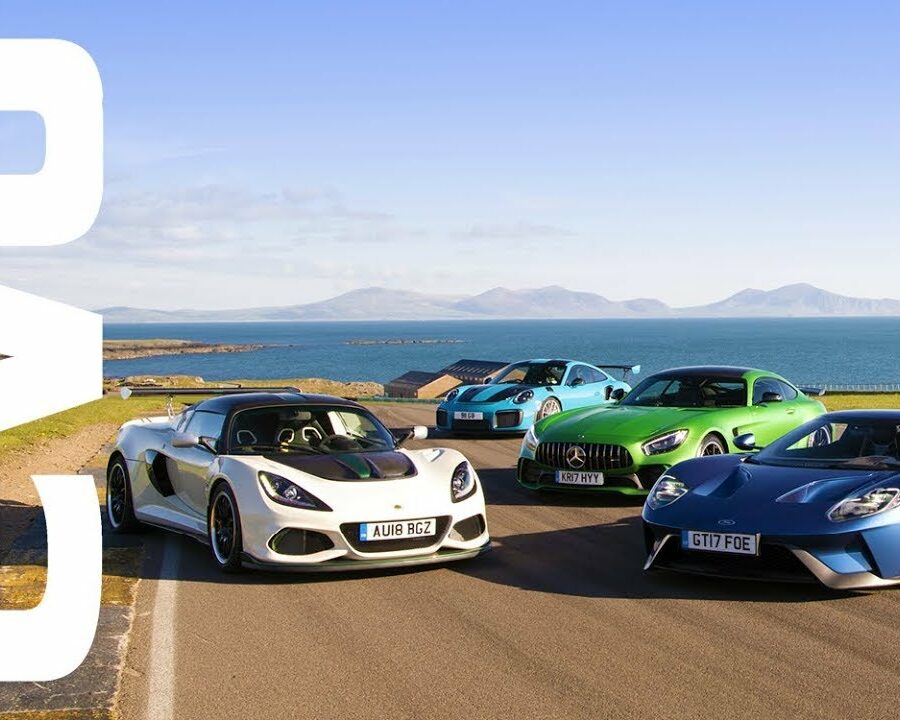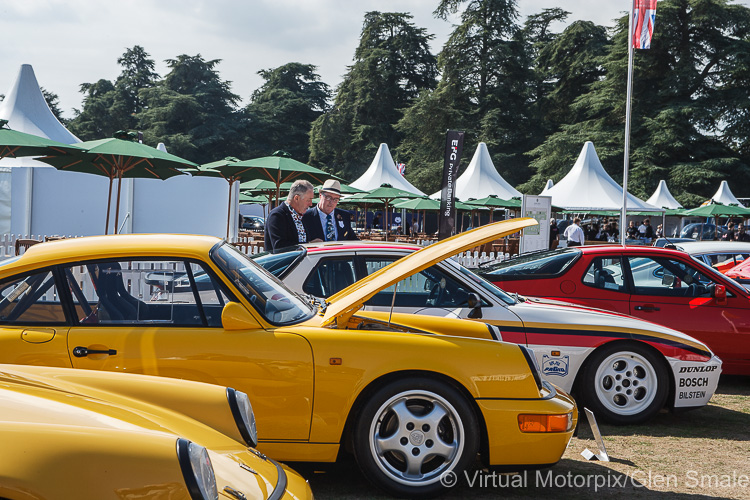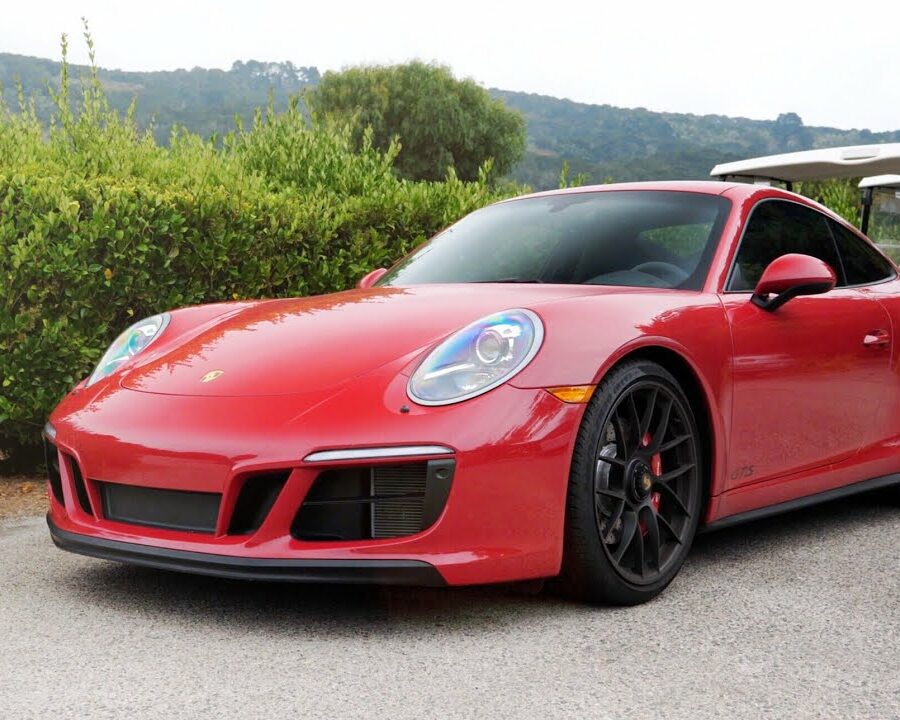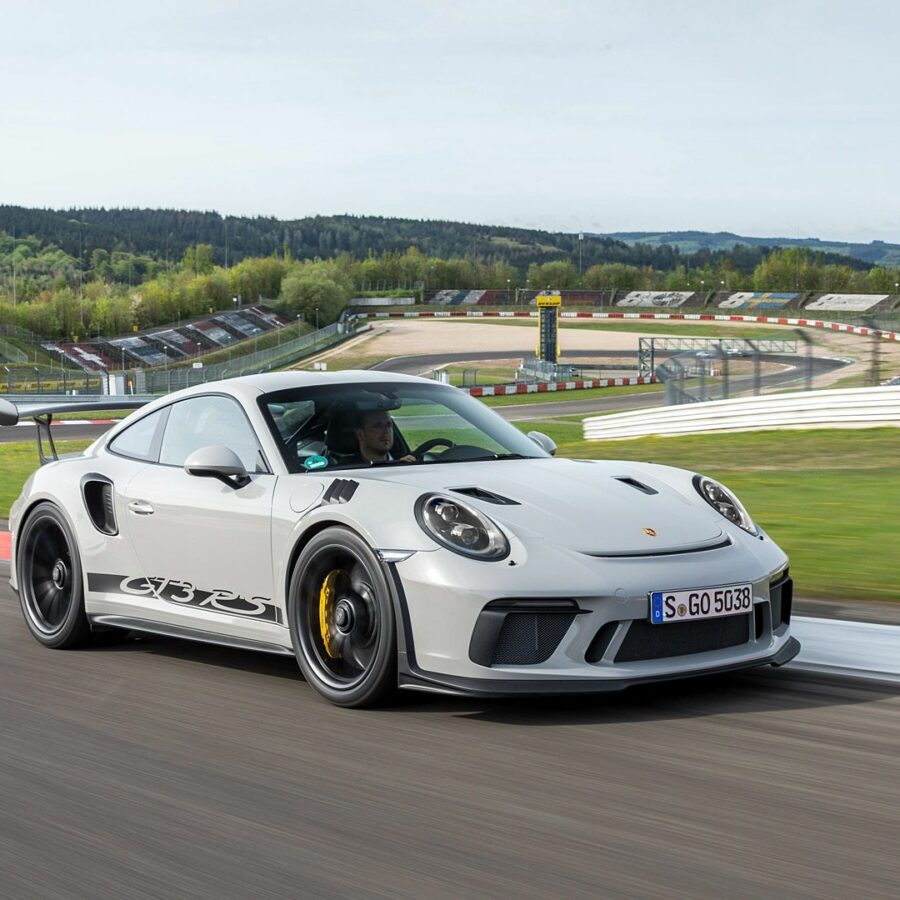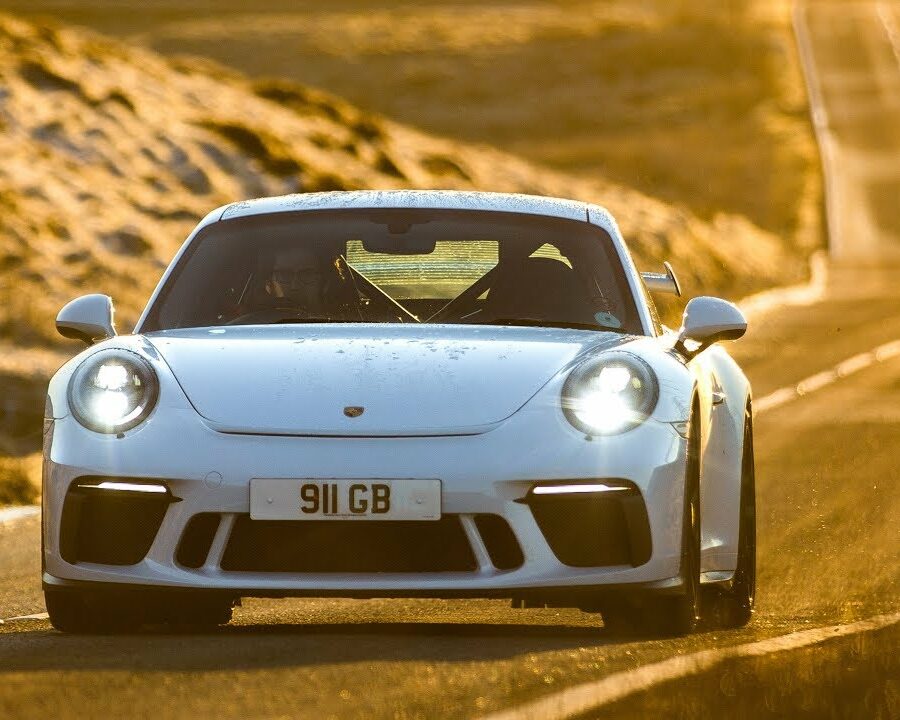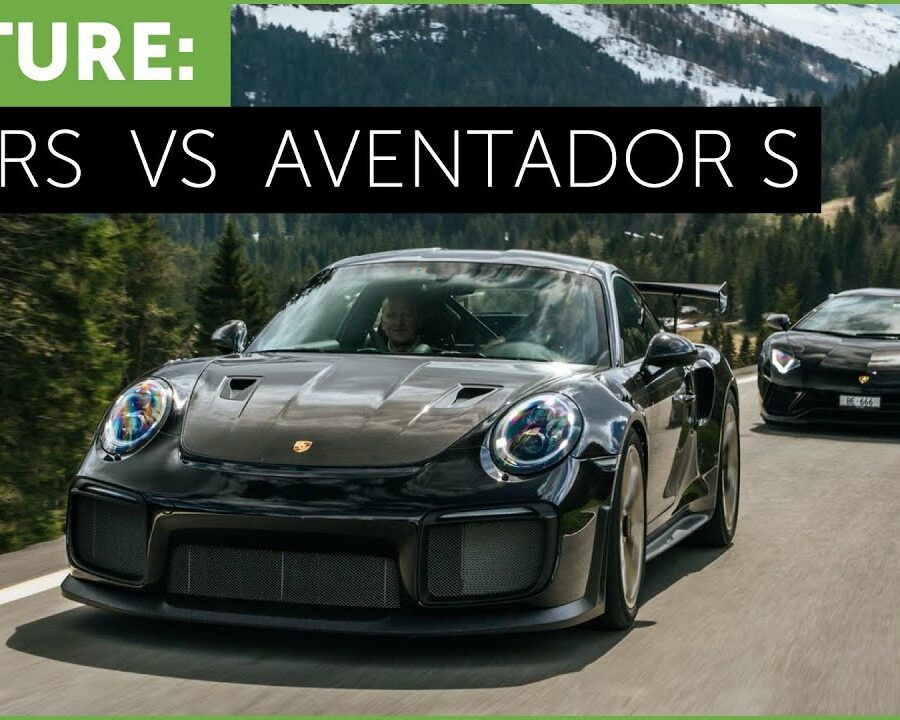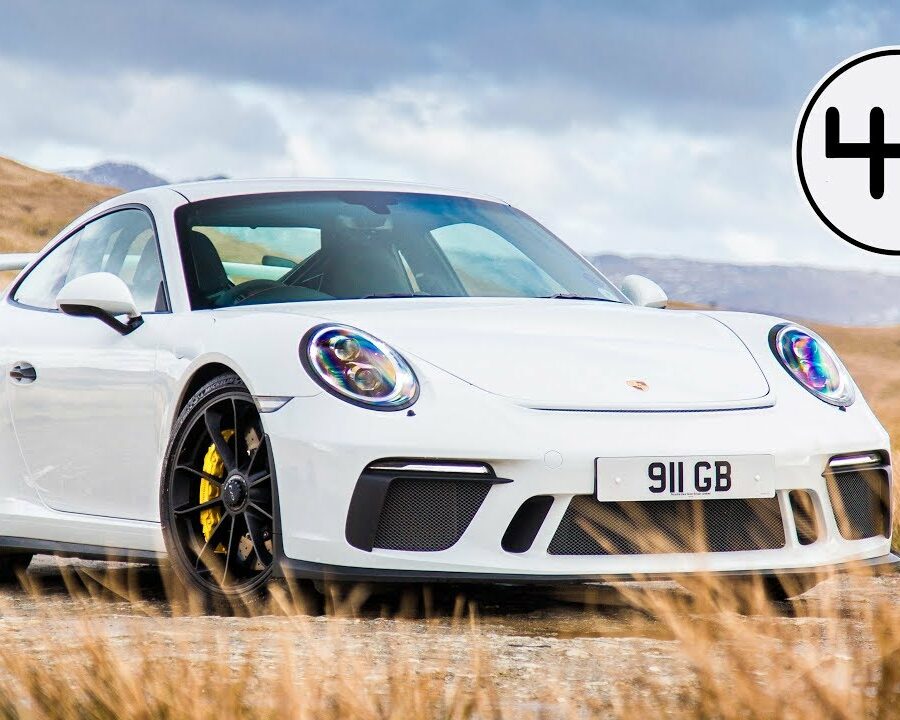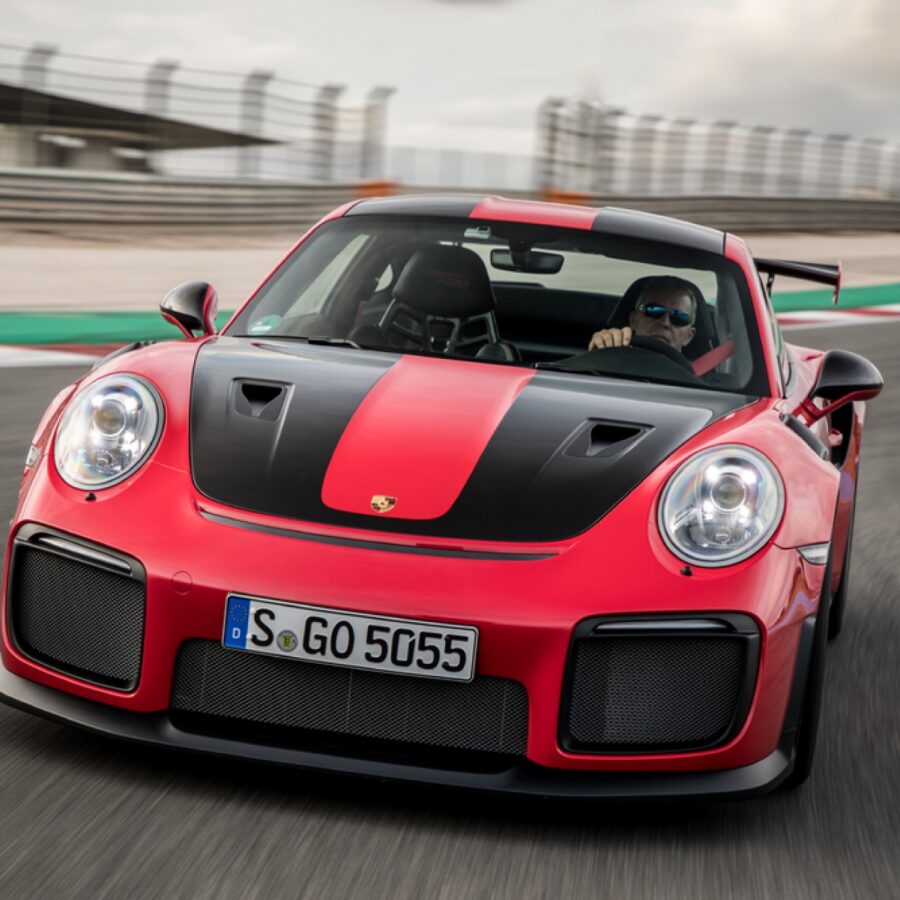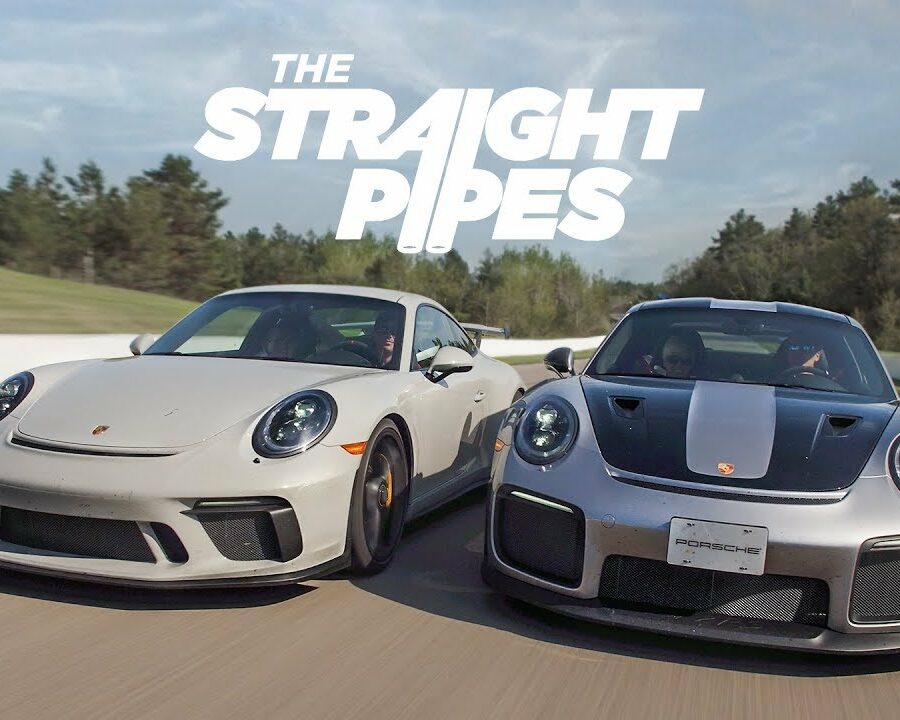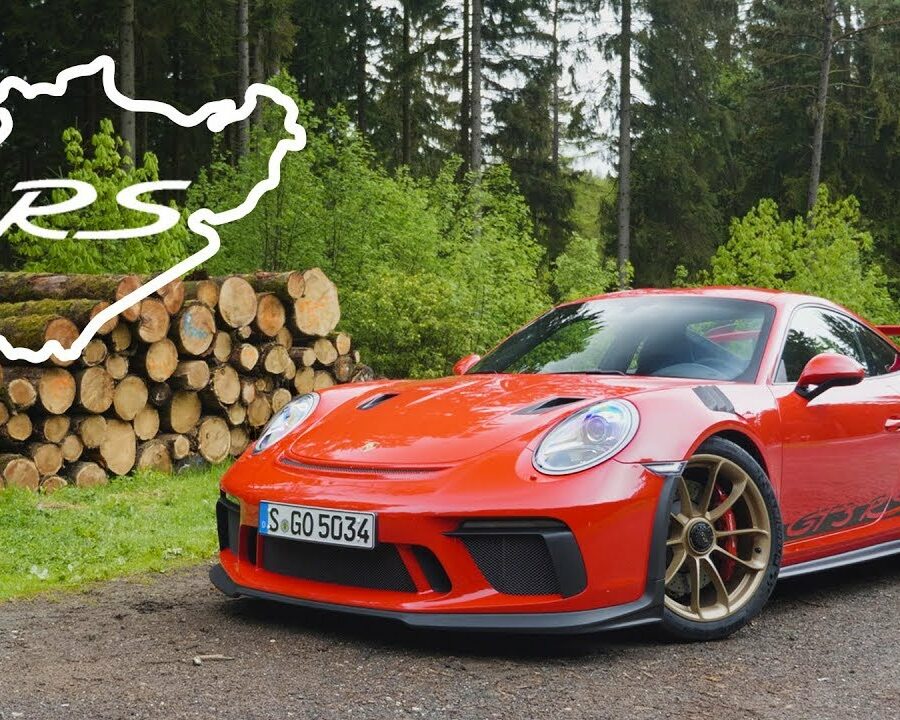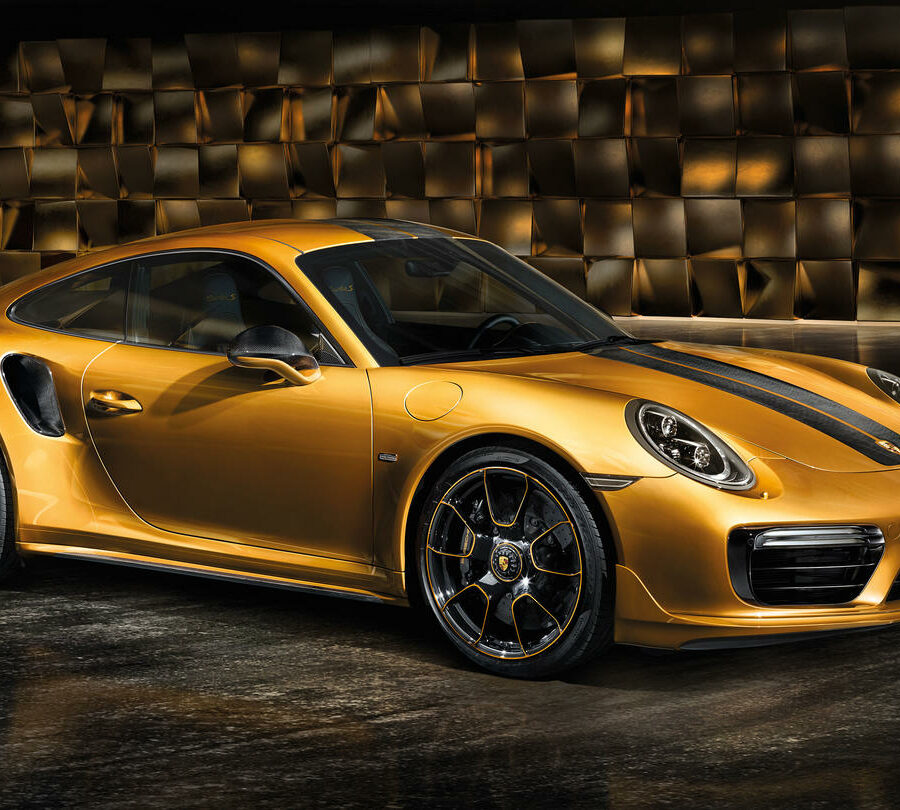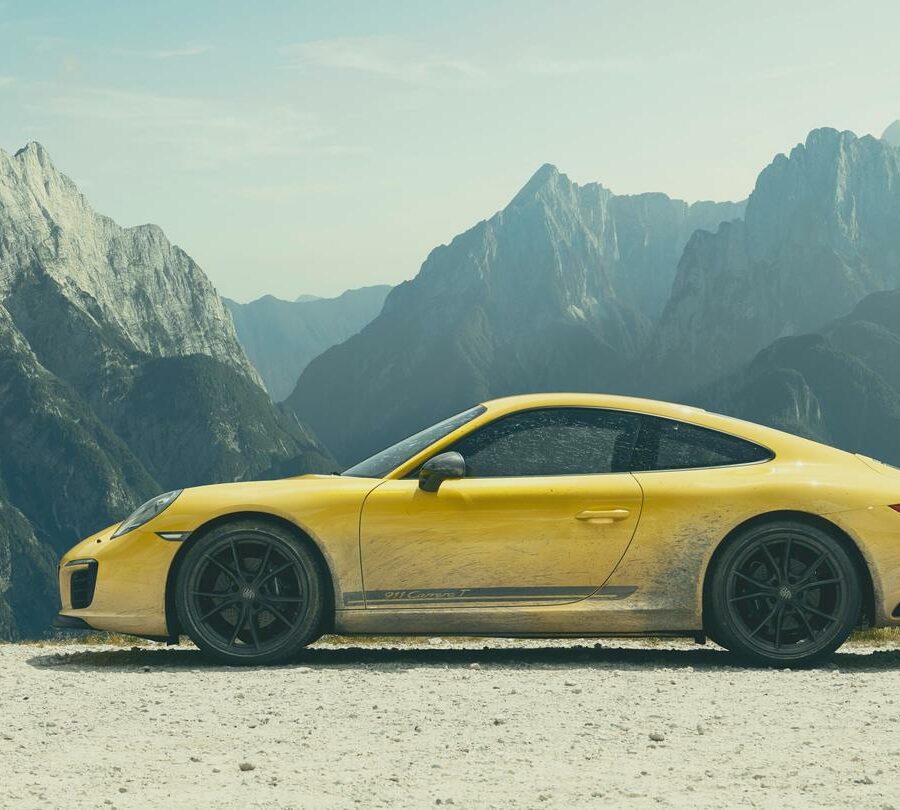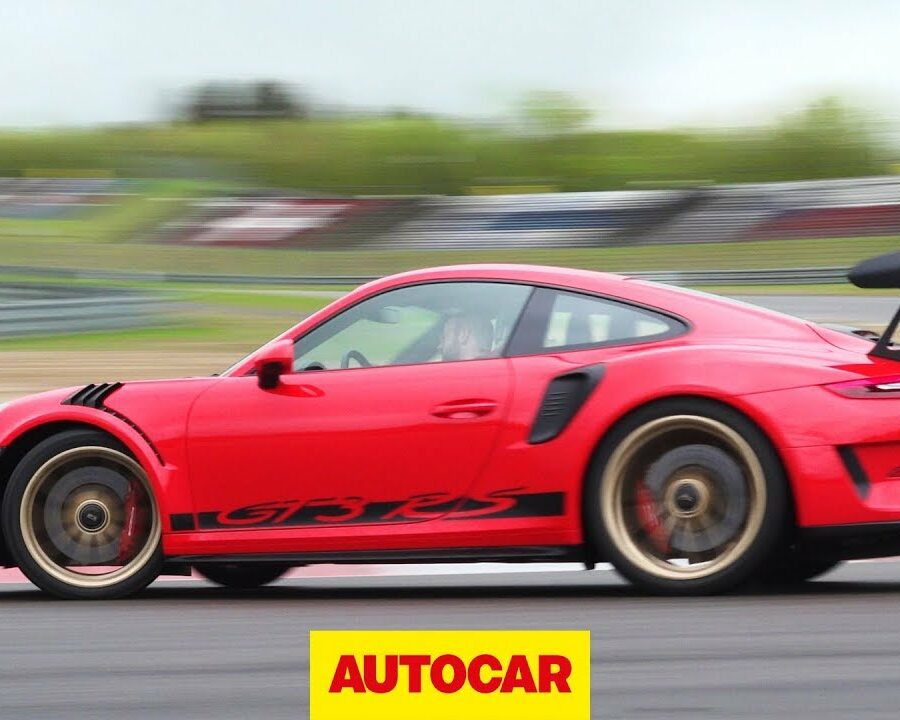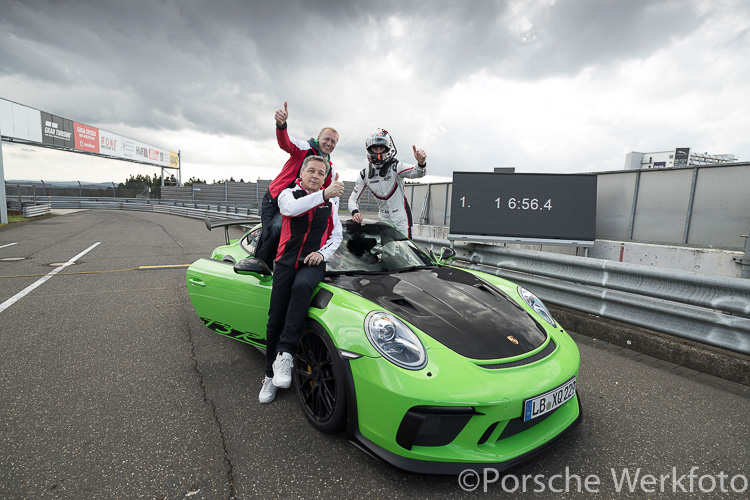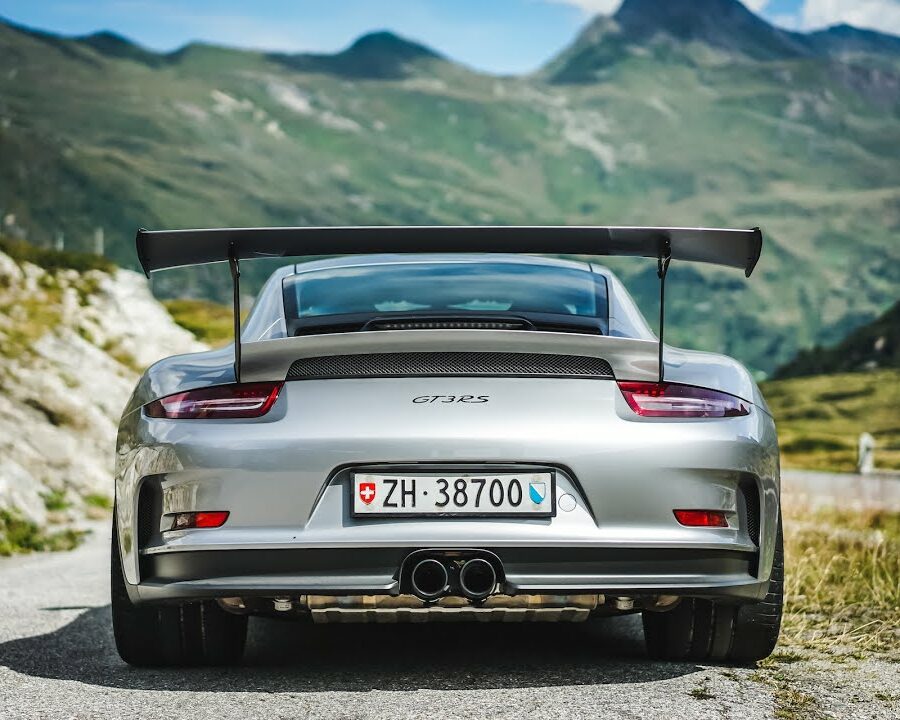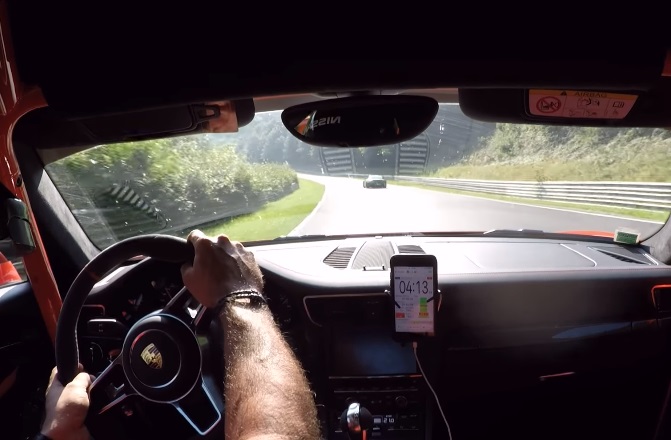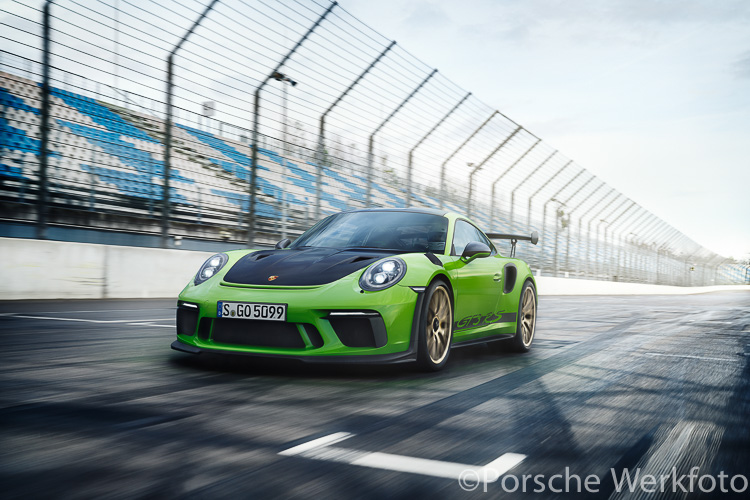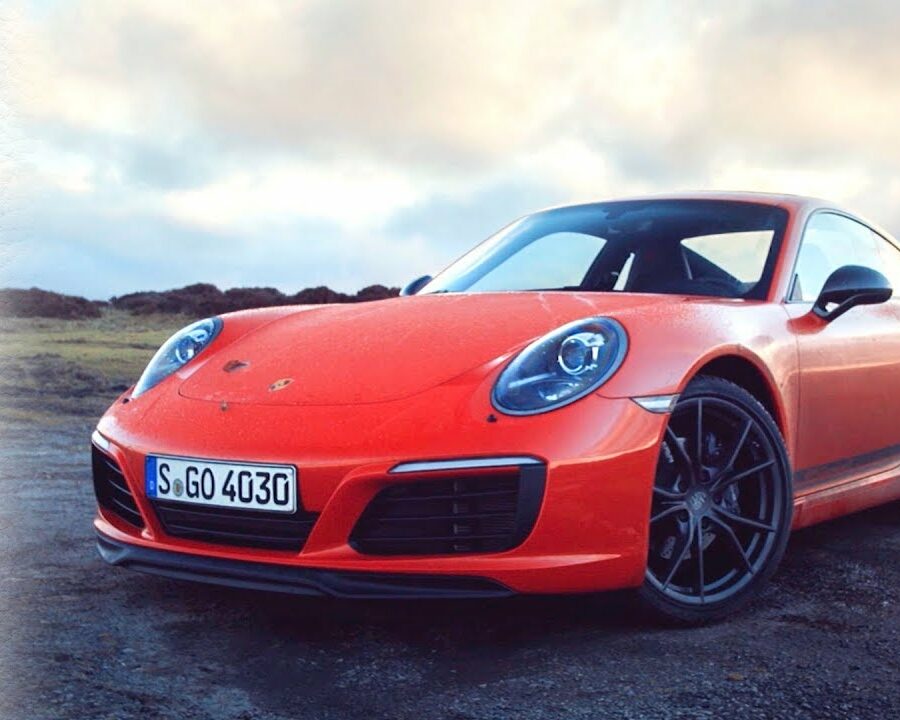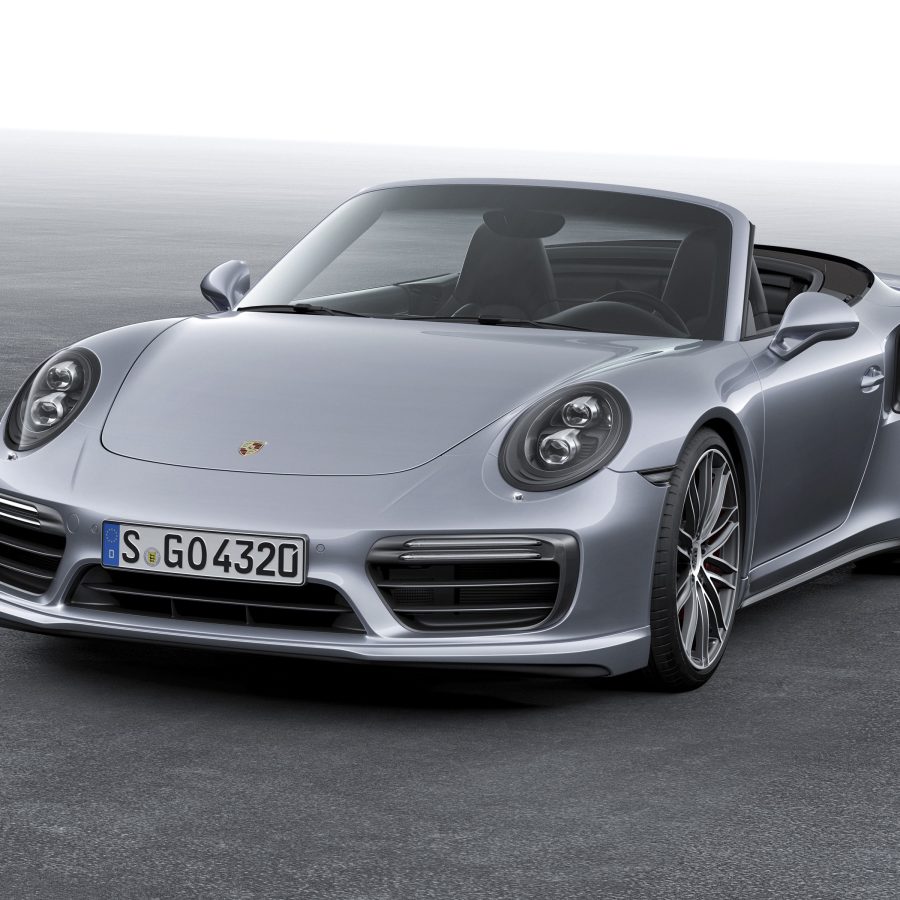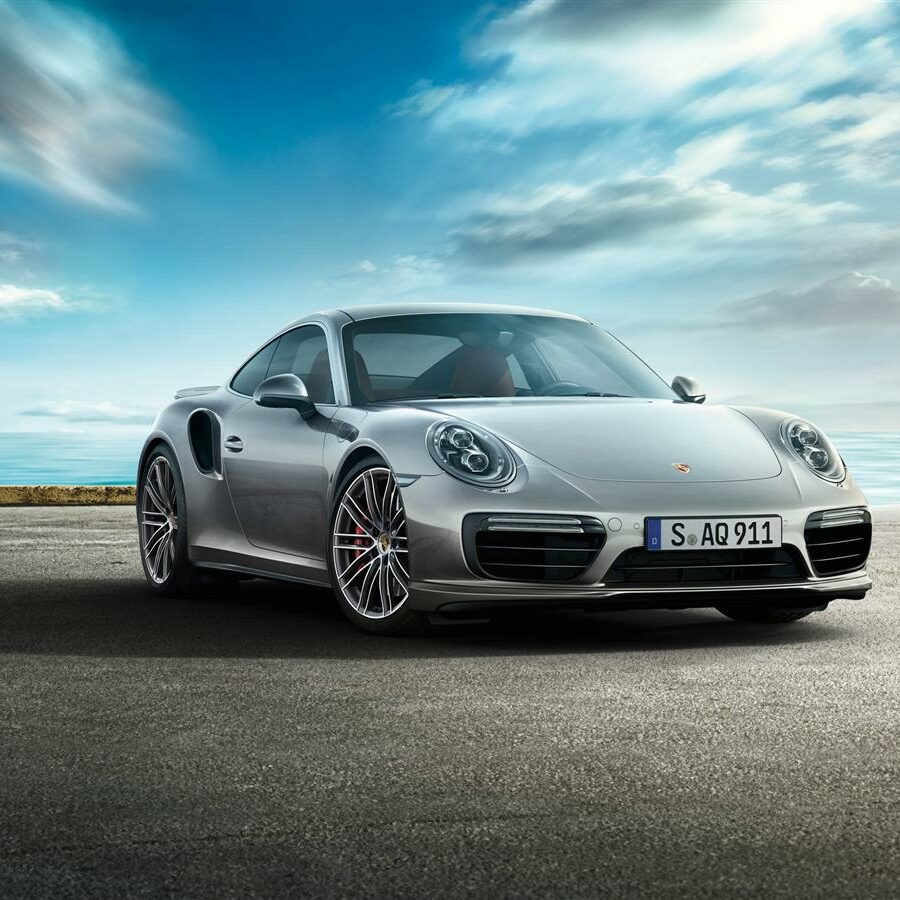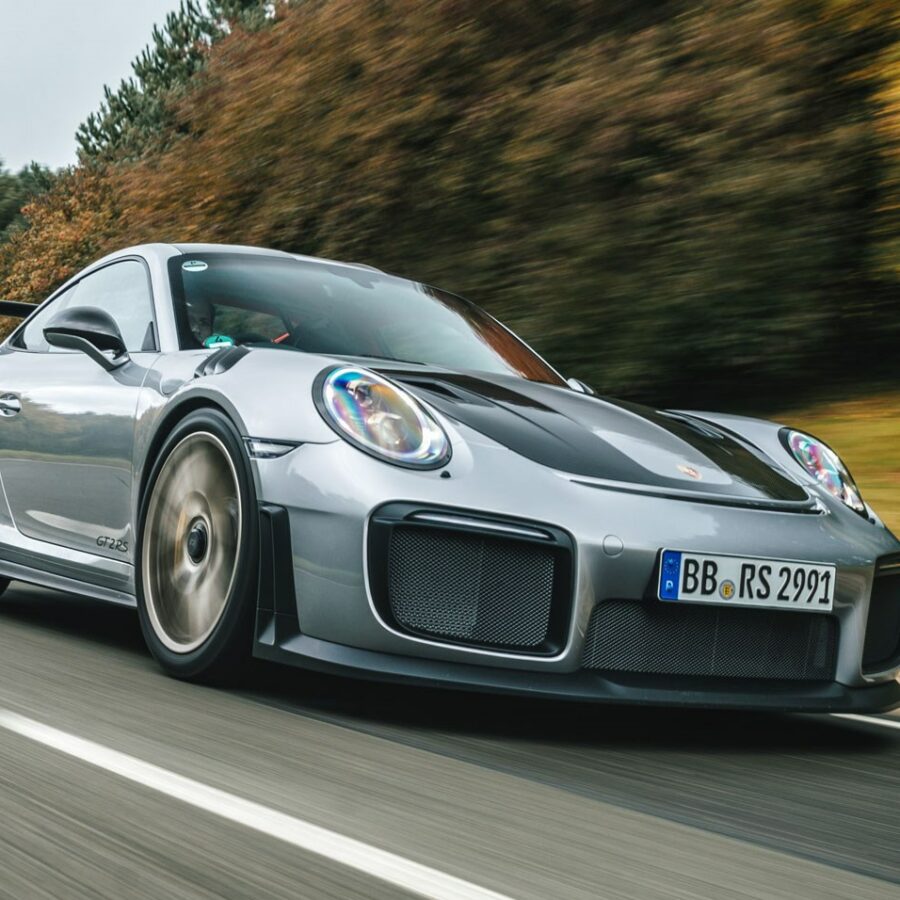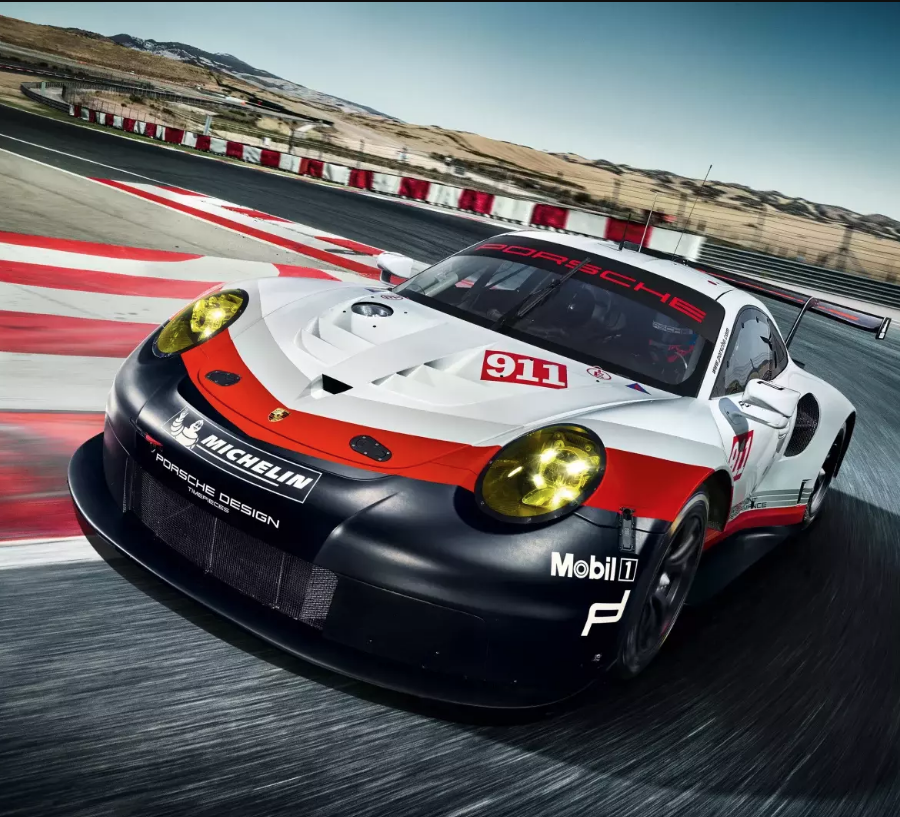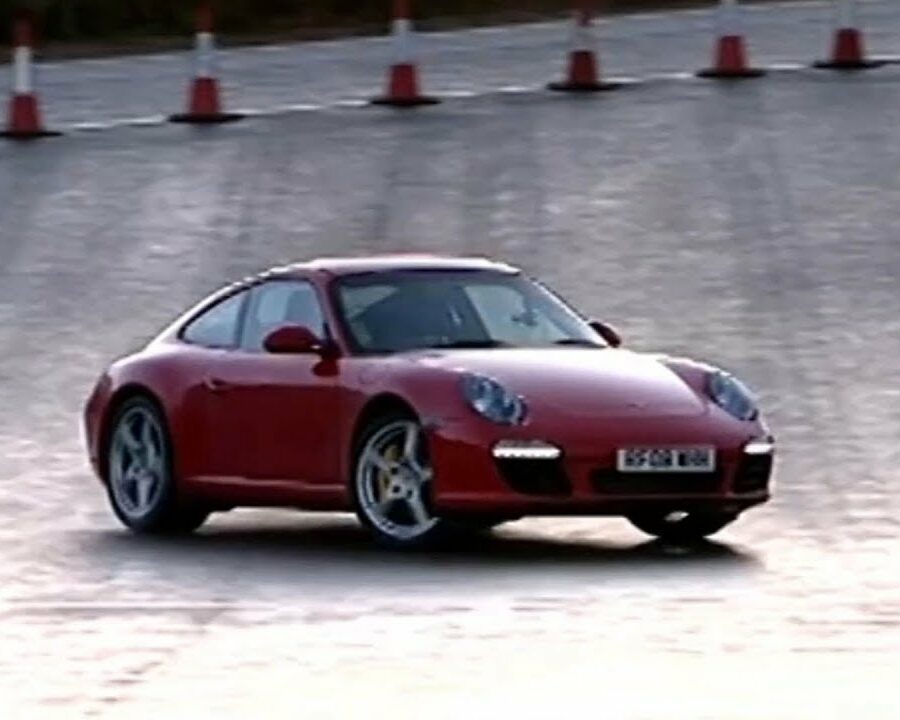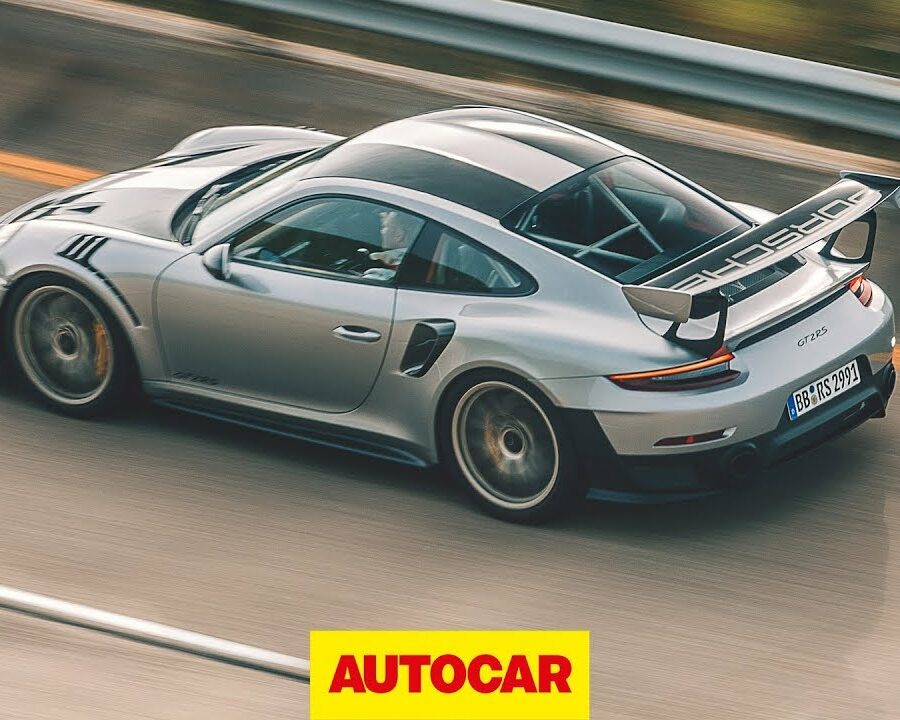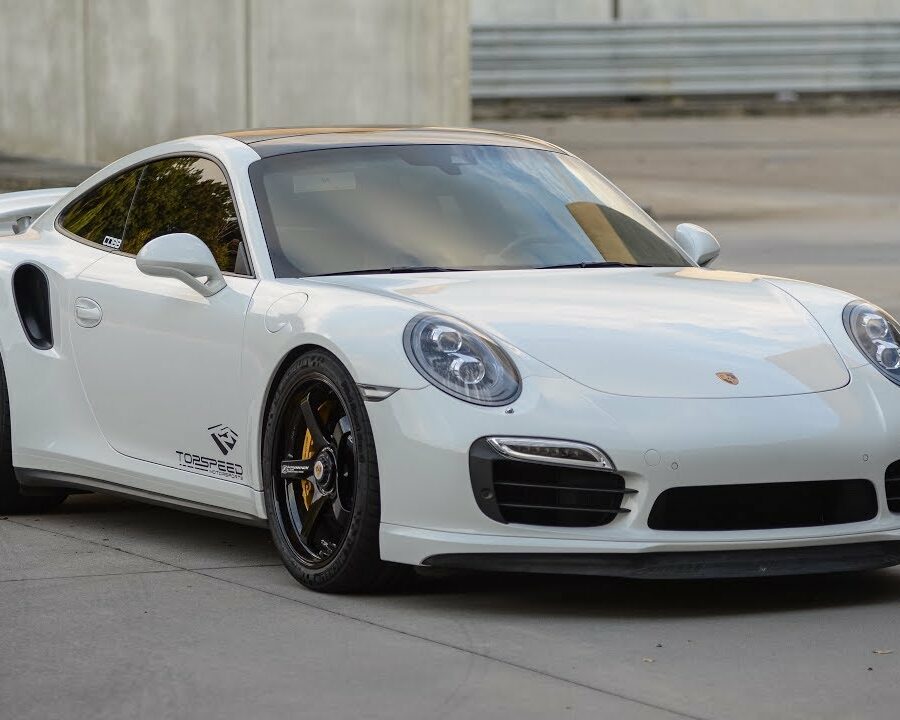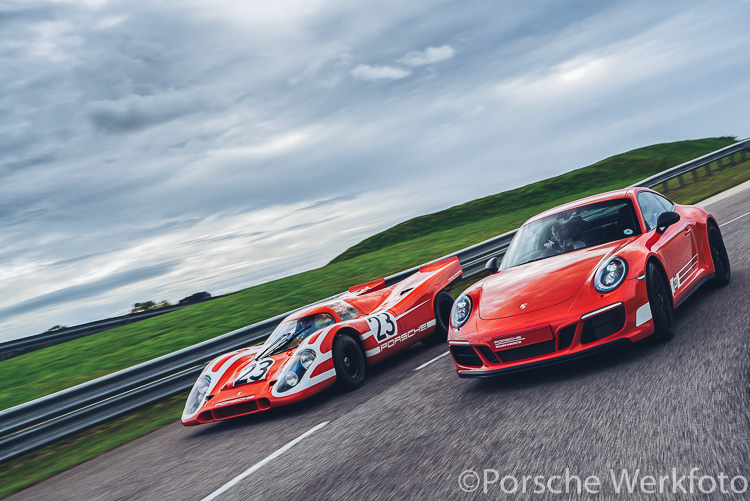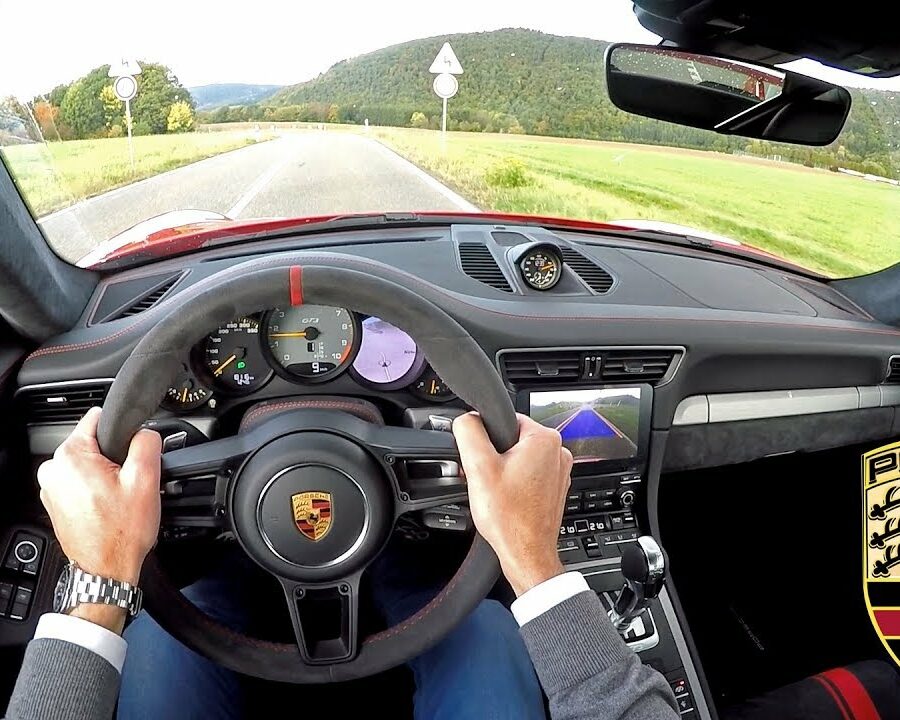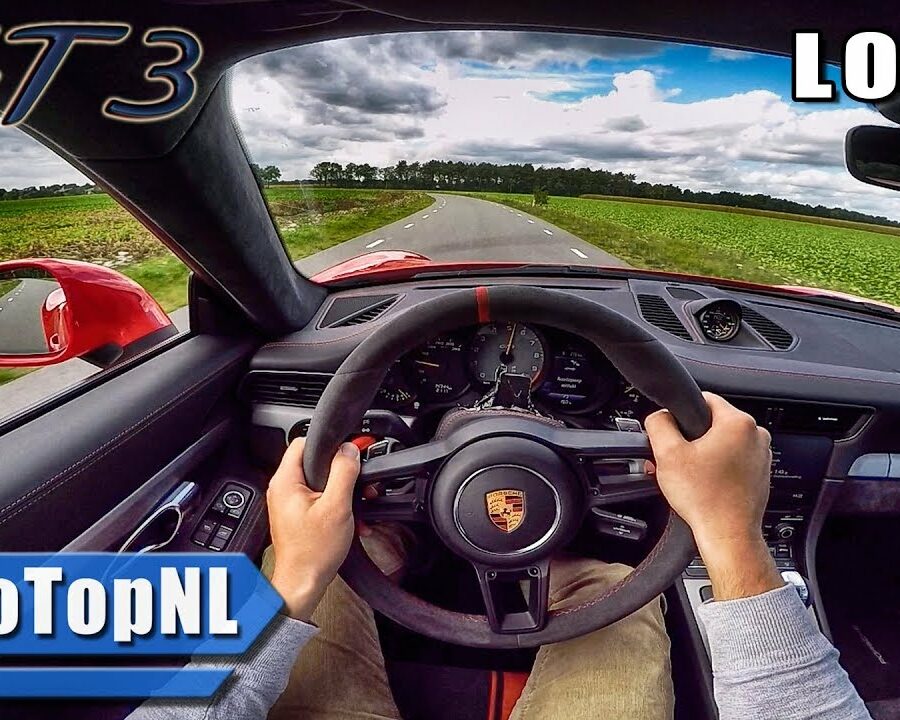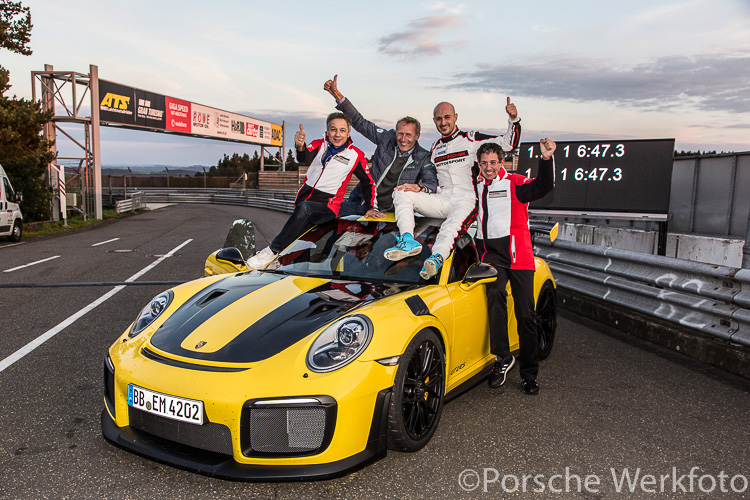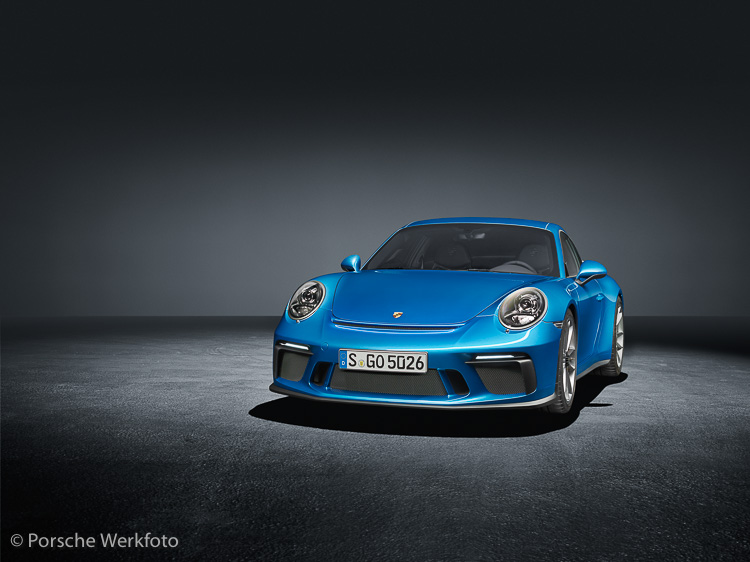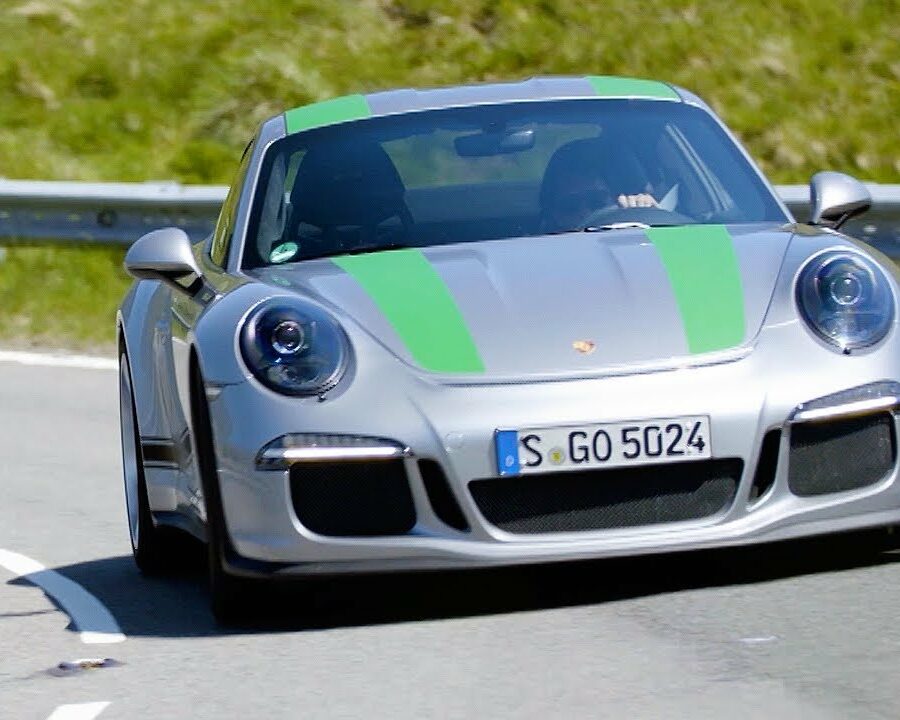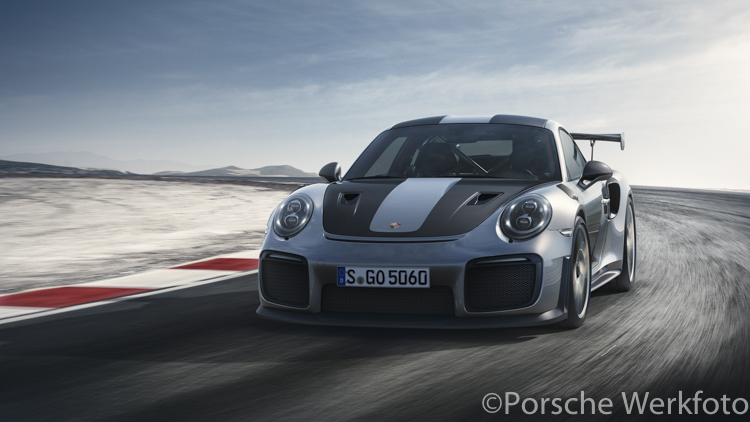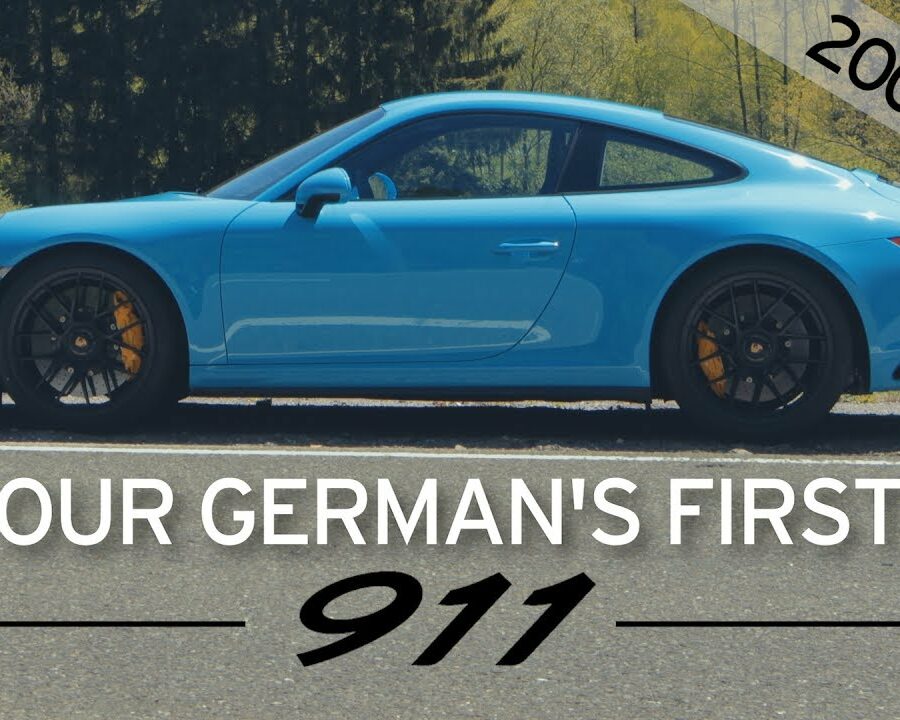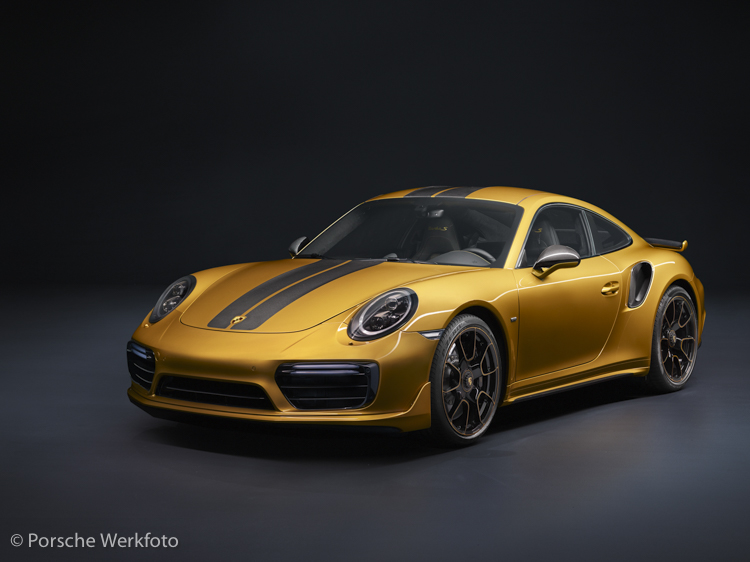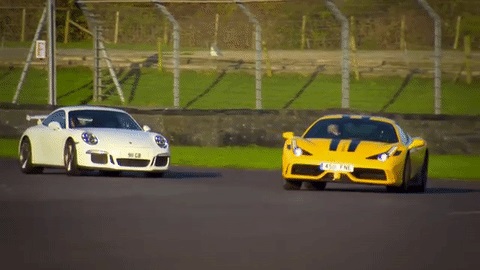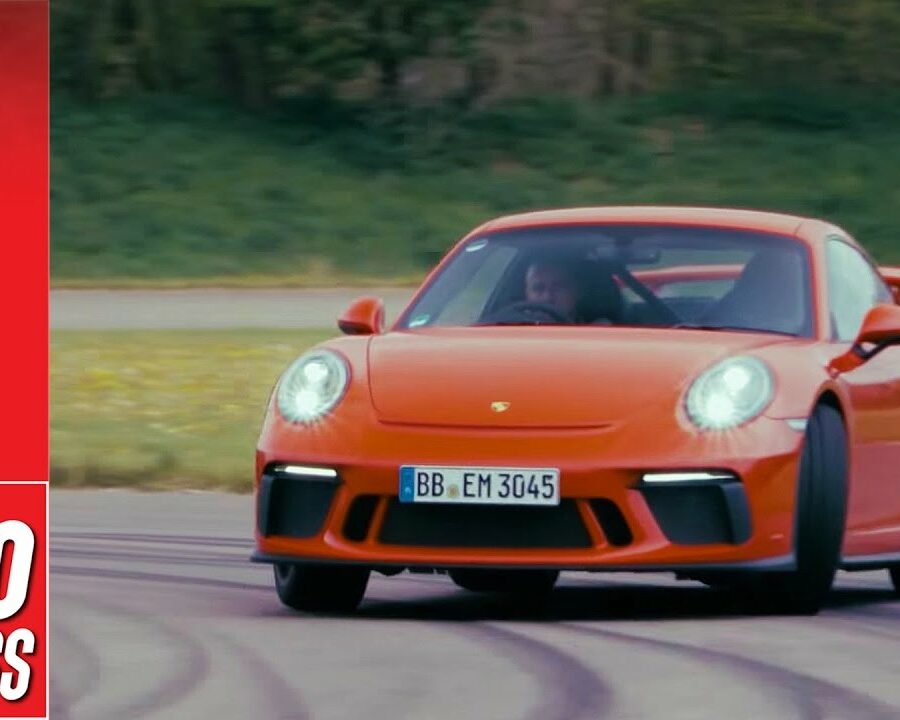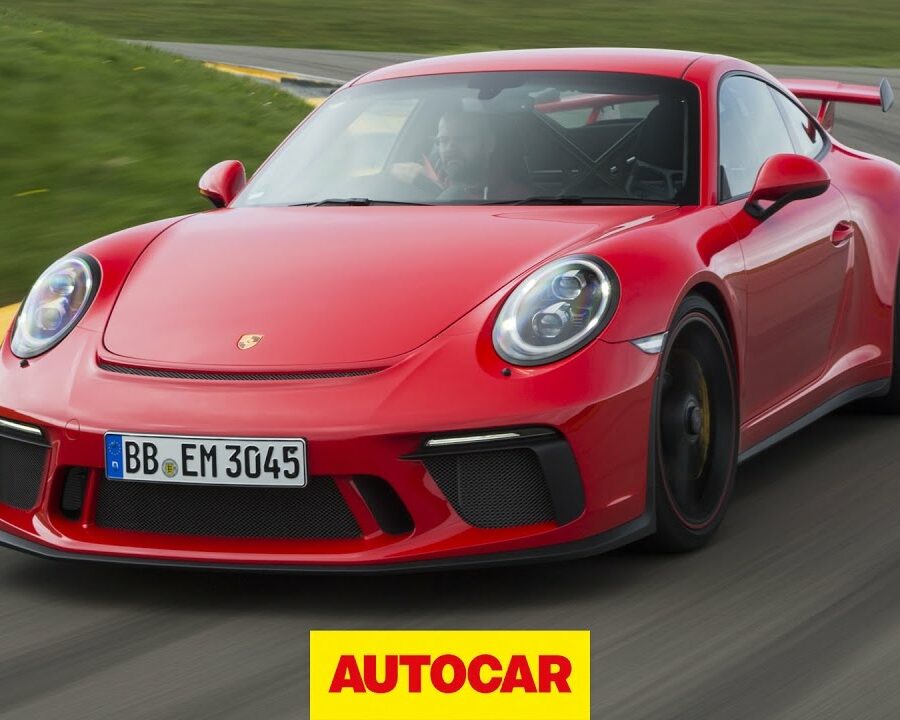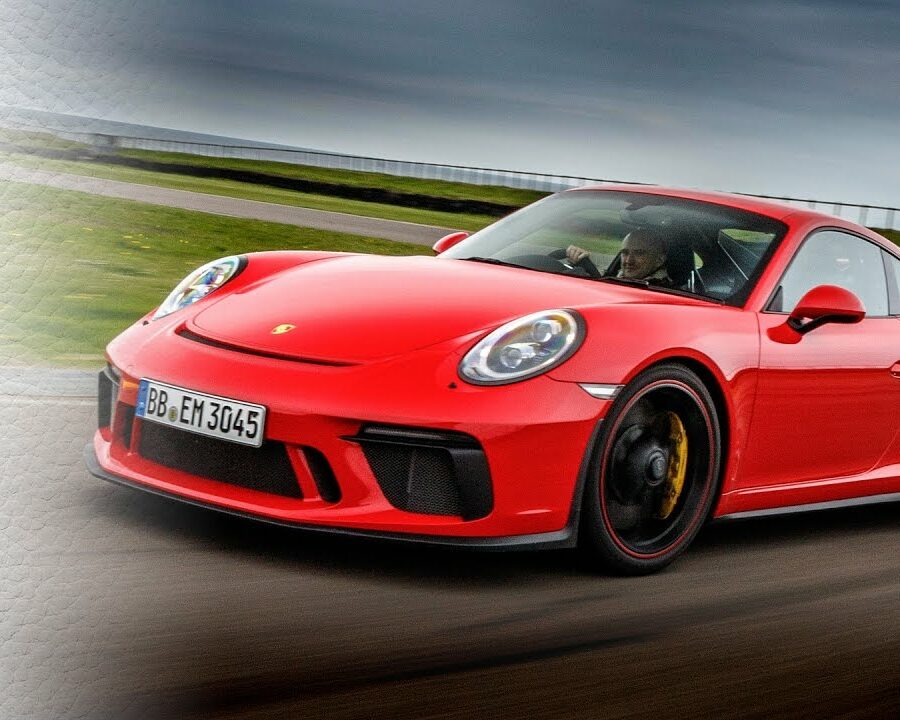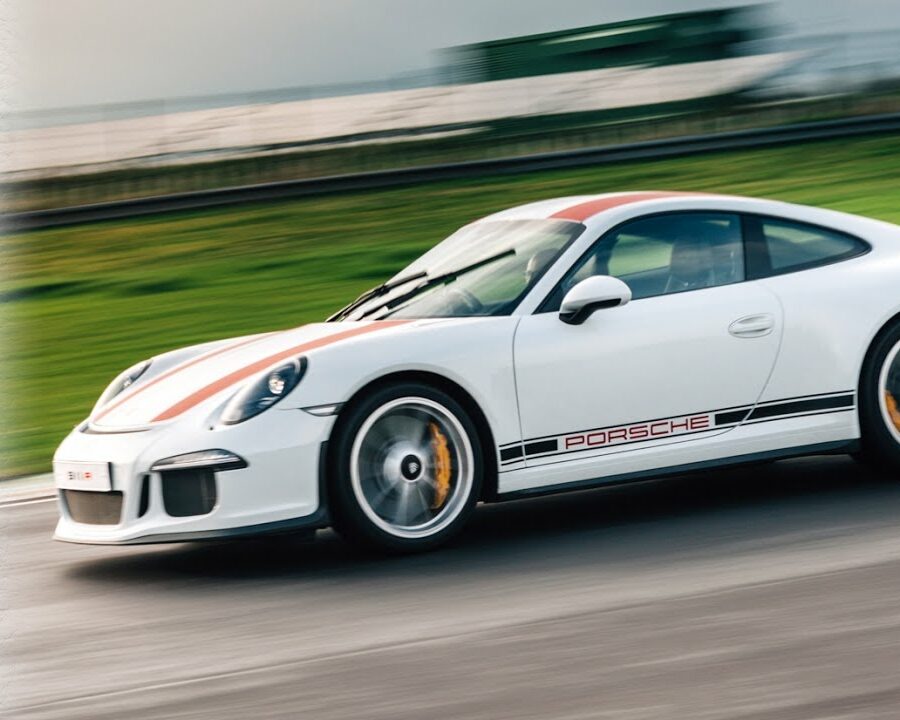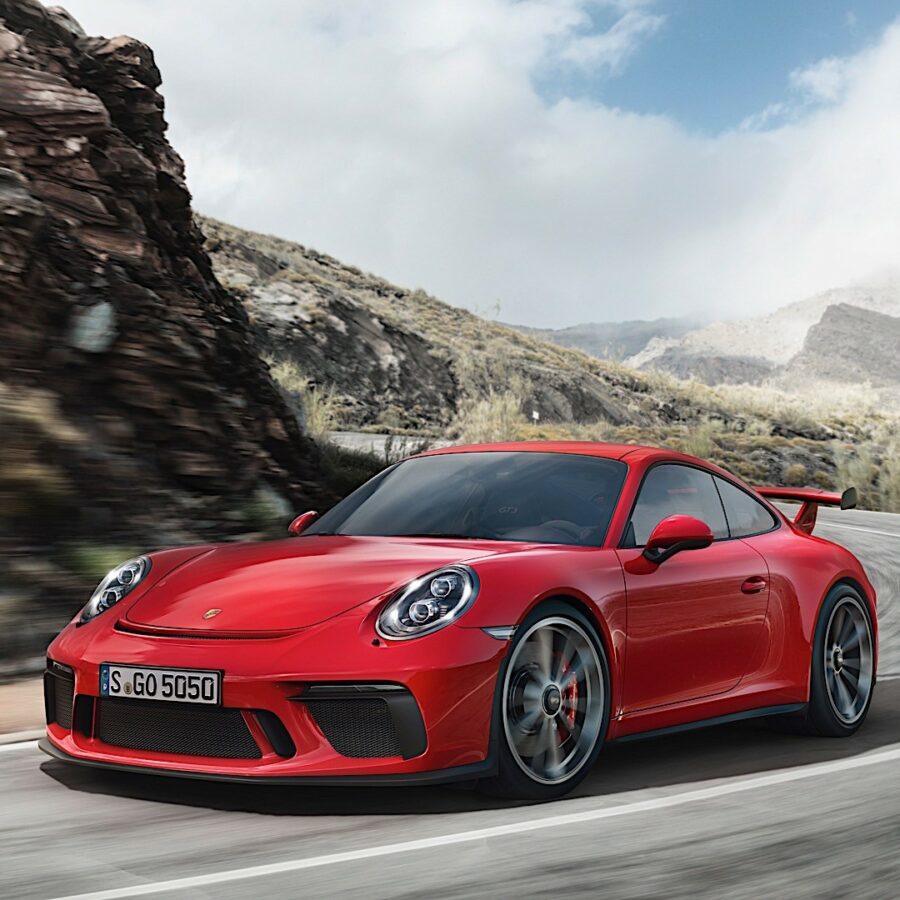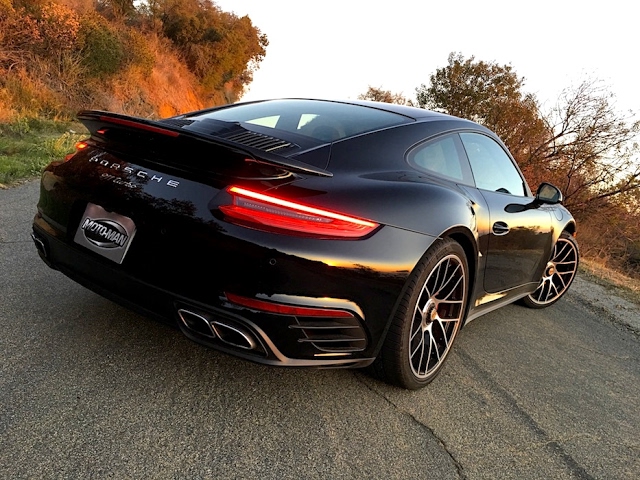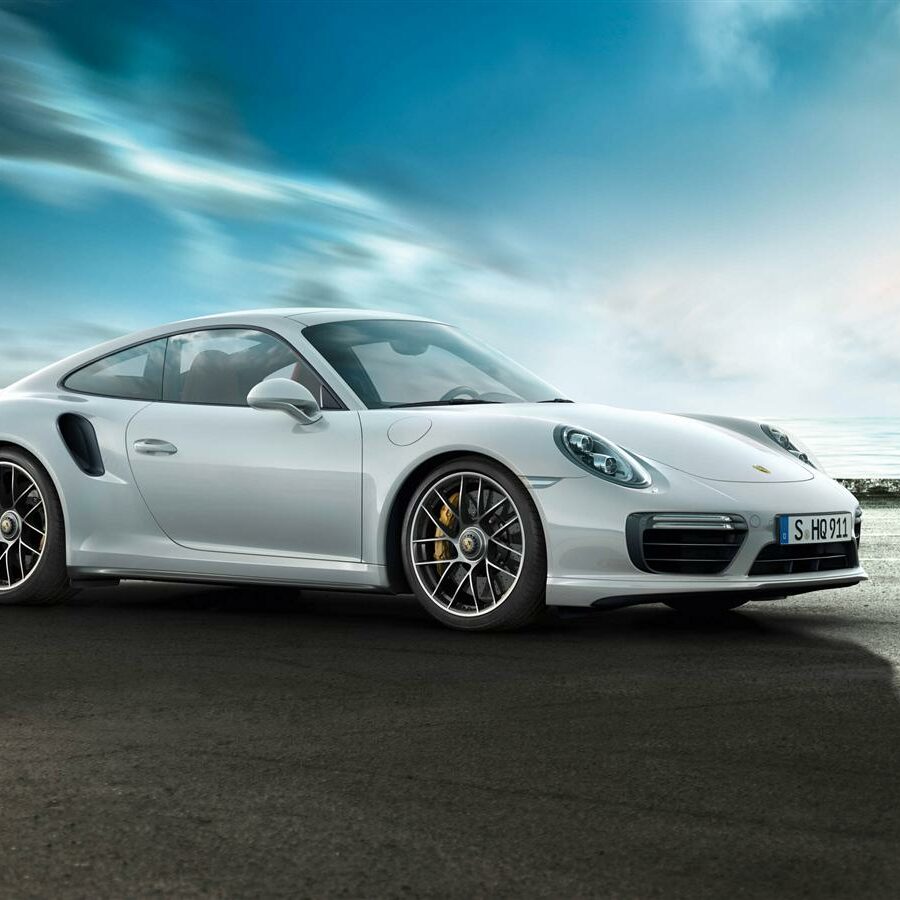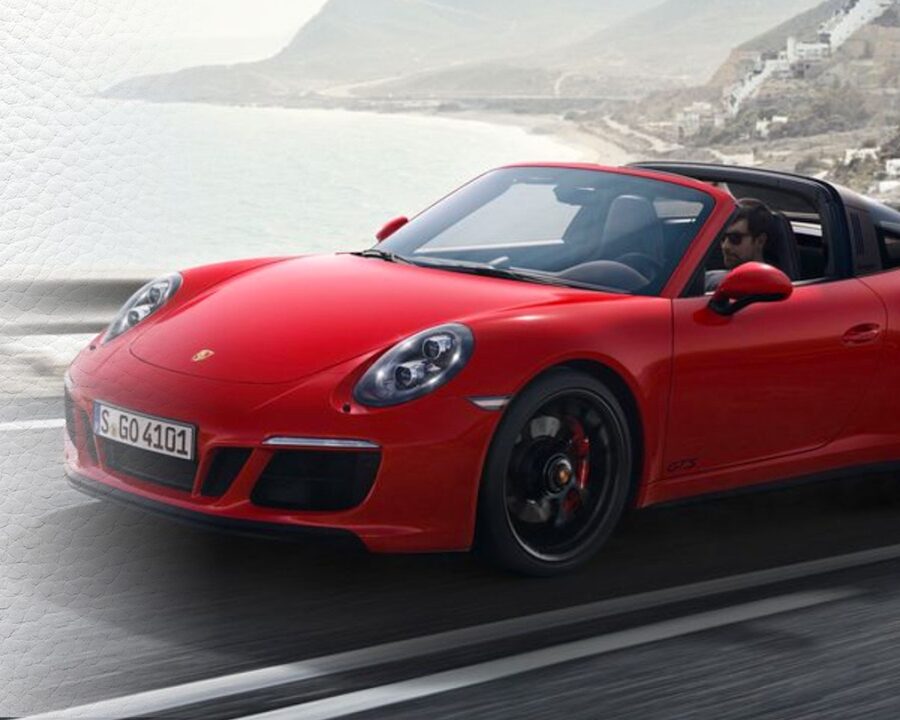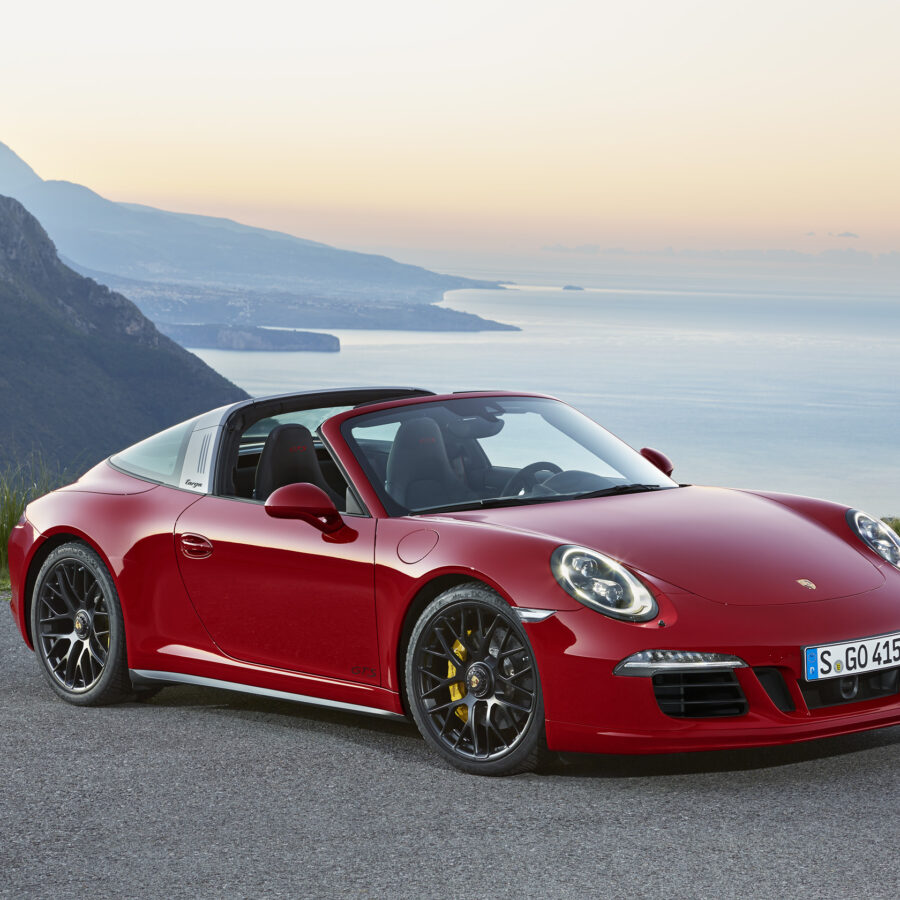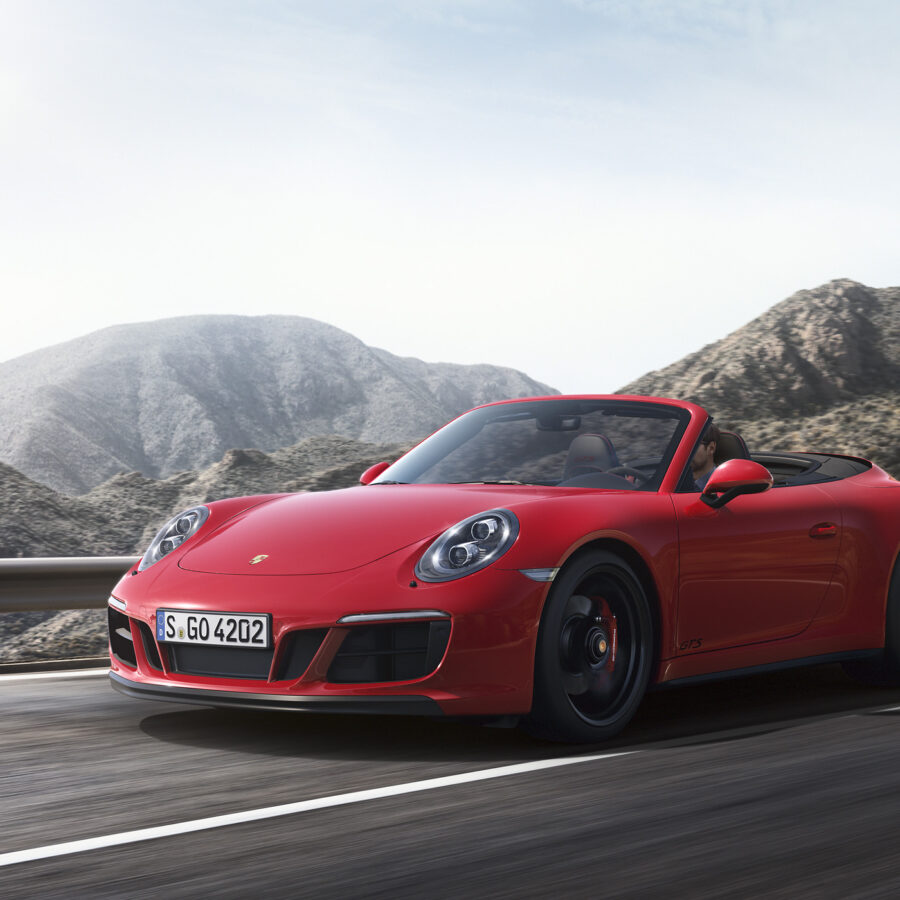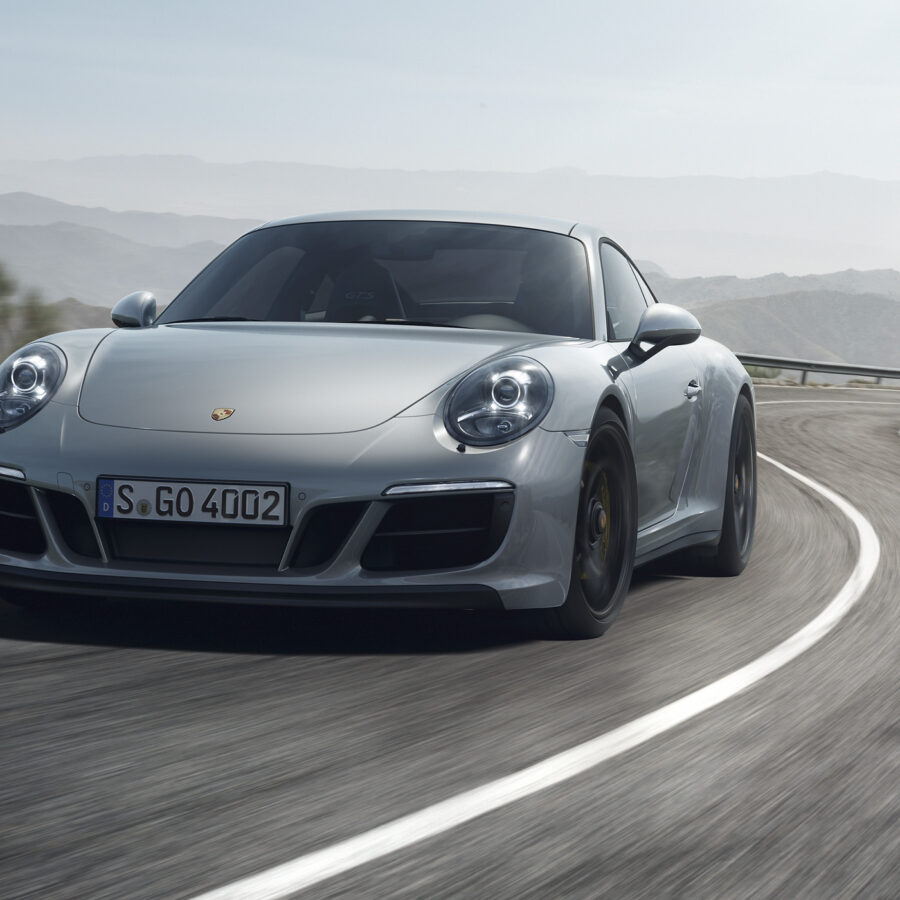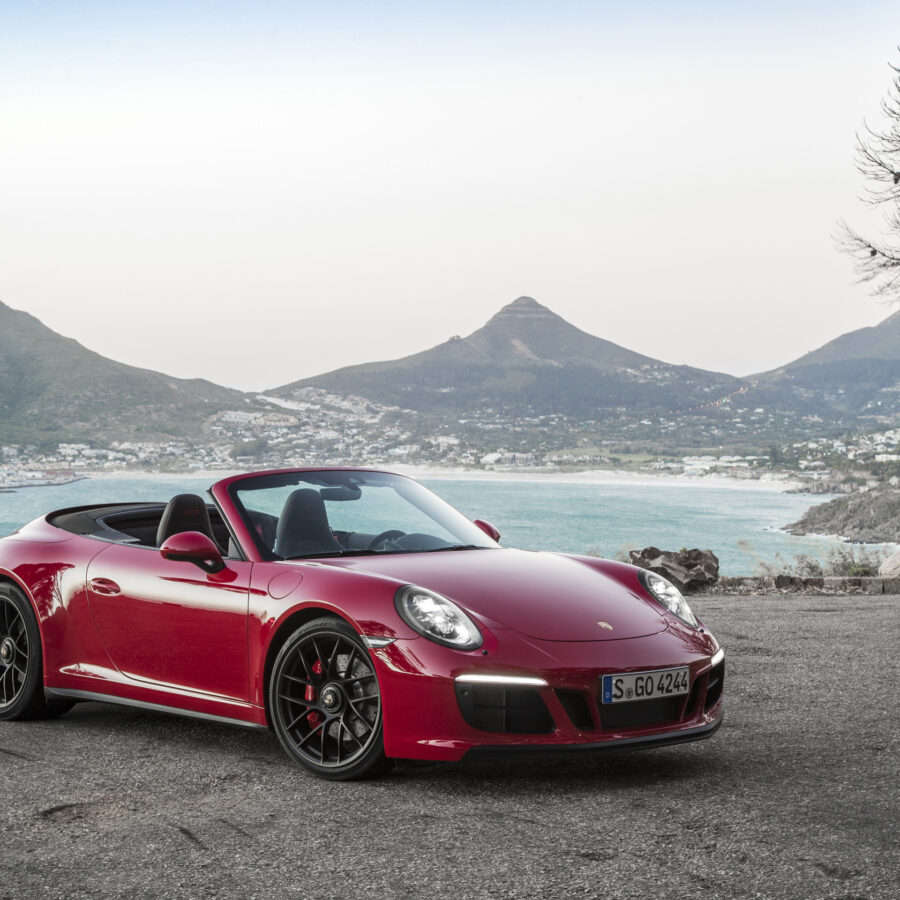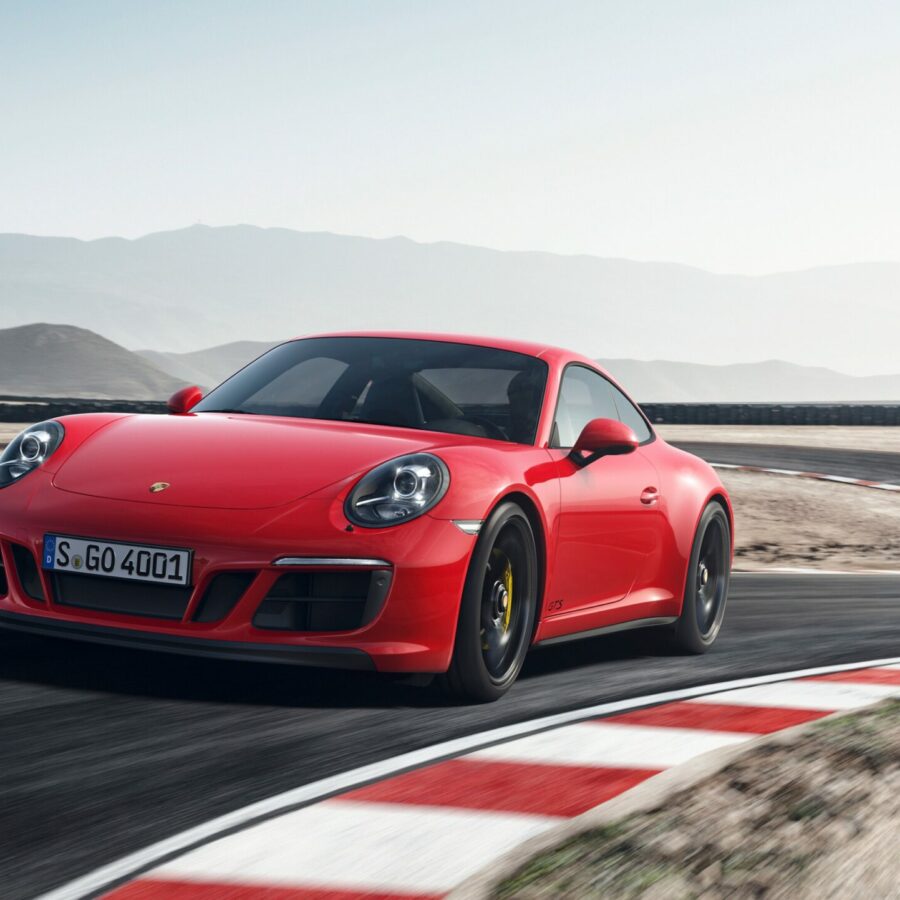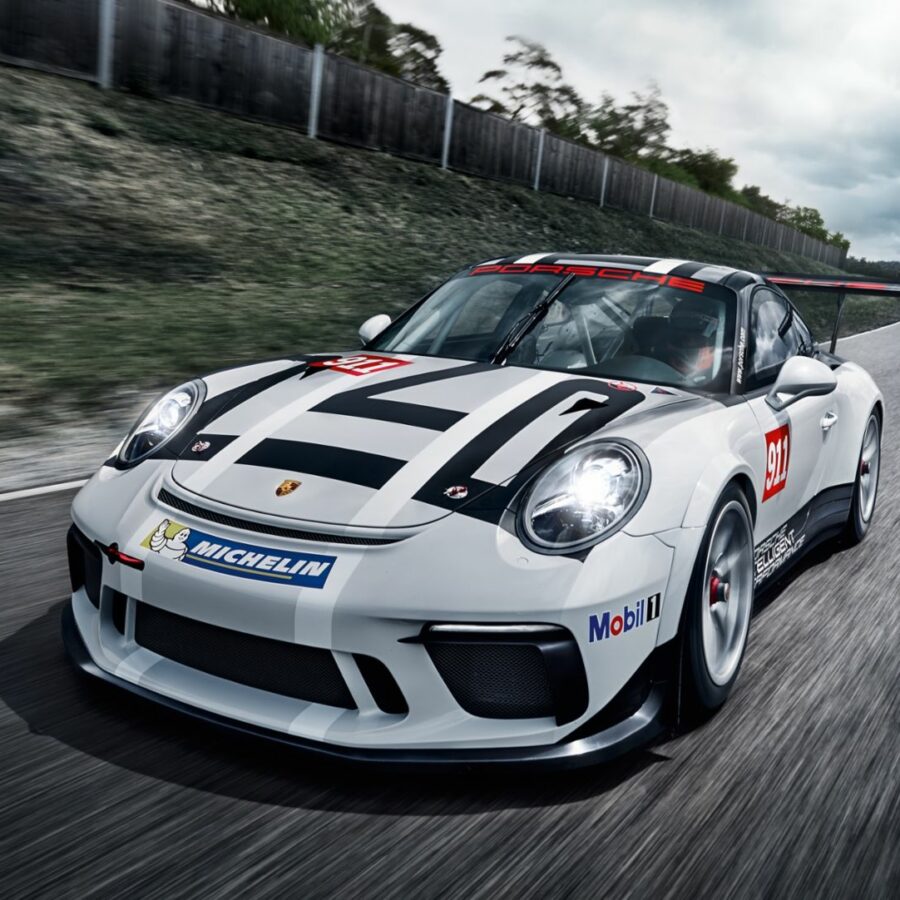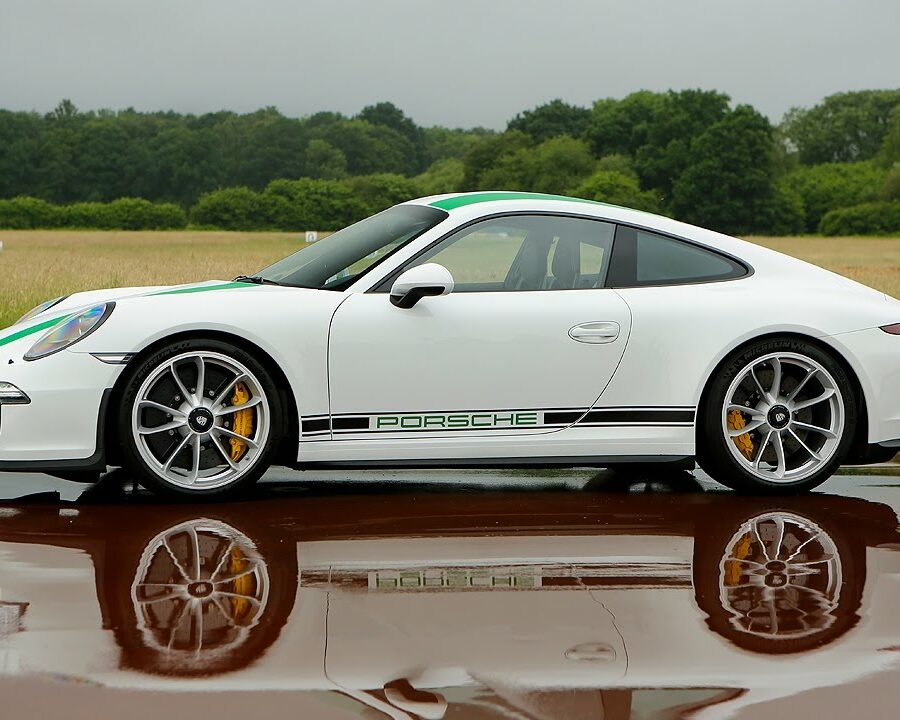Porsche 911 991 (MY2011 – 2019) – Sales Brochures
Sales Catalogs for the Type 991 Porsche 911
Porsche 911 991 (MY2012 – 2019) – Part Catalog
Spare Parts Catalog (Porsche PET) for the Type 991 Porsche 911
Porsche 911 (MY 2019) – Equipment & Options Codes
Full list of Equipment & Option Codes Decoder for the 2019 Porsche 911
Porsche 911 (MY 2018) – Equipment & Options Codes
Full list of Equipment & Option Codes Decoder for the 2018 Porsche 911
Porsche 911 (MY 2017) – Equipment & Options Codes
Full list of Equipment & Option Codes Decoder for the 2017 Porsche 911
Porsche 911 (MY 2016) – Equipment & Options Codes
Full list of Equipment & Option Codes Decoder for the 2016 Porsche 911
Porsche 911 (MY 2015) – Equipment & Options Codes
Full list of Equipment & Option Codes Decoder for the 2015 Porsche 911
Porsche 911 (MY 2014) – Equipment & Options Codes
Full list of Equipment & Option Codes Decoder for the 2014 Porsche 911
Porsche 911 (MY 2013) – Equipment & Options Codes
Full list of Equipment & Option Codes Decoder for the 2013 Porsche 911
Porsche 911 (MY 2012) (Type 991.1) – Equipment & Options Codes
Full list of Equipment & Option Codes Decoder for the 2012 Porsche 911
Porsche 911 GT3 R (991.2) (2019 – 2020)
Sits between the GT3 Cup and the RSR. Updated for 2019 season.
Porsche 911 RSR 4.2 (991.2) (2019 – 2021)
Brand-new 911 RSR built to defend the FIA World Endurance Championship (WEC) title.
Porsche 911 Speedster (991) (2019)
The Speedster is an absolutely fitting conclusion to the 991-generation.
Porsche 911 GT3 RS (991.2) (2018 – 2019)
6:56.4 minute 'Ring lap time - just 9 seconds behind the GT2 RS, and 1 second faster than the 918 Spyder.
Porsche 911 GT2 RS (991) (2018 – 2019)
It is the quickest production car to lap the Nürburgring Nordschleife. It is the most powerful 911 ever made.
Porsche 911 Turbo S Exclusive (991.2) (2018 – 2019)
Exclusive and pricey limited edition 911 Turbo S that nudges past the 600 bhp mark too
Porsche 911 Carrera T (991.2) (2018 – 2019)
The T is basically the ideal sports car
Porsche 911 Turbo Cabriolet (991.2) (2017 – 2019)
Open top driving has never been this fun...or scarily fast
Porsche 911 Turbo Coupe (991.2) (2017 – 2019)
0 - 60 mph in 2.9 seconds. Top speed of 198 mph. This is one insanely fast Porsche GT
Porsche 911 991 GT2 RS Clubsport Race (2018 – 2019)
Officially called as the 911 GT2 RS Clubsport, but the name is rather misleading.
Porsche 911 RSR 4.0 (991.2) (2017 – 2019)
The mid-engined version
Porsche 911 Carrera 4 GTS British Legends Edition
A special limited edition model for the 991 generation
Porsche 911 GT3 (991.2) (2018 – 2019)
The manual gearbox is back in the GT3 and the world is perfect again. This is an absolute cracker of a car.
Porsche 911 Turbo S Coupe (991.2) (2017 – 2019)
The everyday supercar is tweaked for the 991.2 mid-cycle update
Porsche 911 Turbo S Cabriolet (991.2) (2017 – 2019)
The quickest four-seat convertible on the planet and one of the fastest cars in the world period
Porsche 911 Targa 4 GTS (991.2) (2017 – 2019)
Is this the best combination of sexy and suburb performance? We think so.
Porsche 911 Carrera 4 GTS Cabriolet (991.2) (2017 – 2019)
In GTS specification the Cabriolet is now better than ever.
Porsche 911 Carrera 4 GTS Coupe (991.2) (2017 – 2019)
Ultimately, the Carrera 4 GTS is the ideal all-round 911.
Porsche 911 Carrera GTS Cabriolet (991.2) (2017 – 2019)
Basically a 911 S cab with just a few extra goodies. Adds up to more than the sum of parts.
Porsche 911 Carrera GTS Coupe (991.2) (2017 – 2019)
The sweet spot in the 991.2 generation 911 lineup
Porsche 991 GT3 Cup 4.0 (991.2) (2016 – 2020)
The rear of the world’s most-produced GT racing car now houses a 4-litre, six-cylinder flat engine


